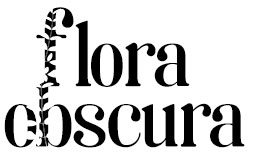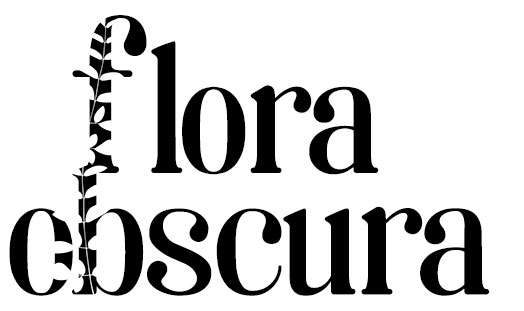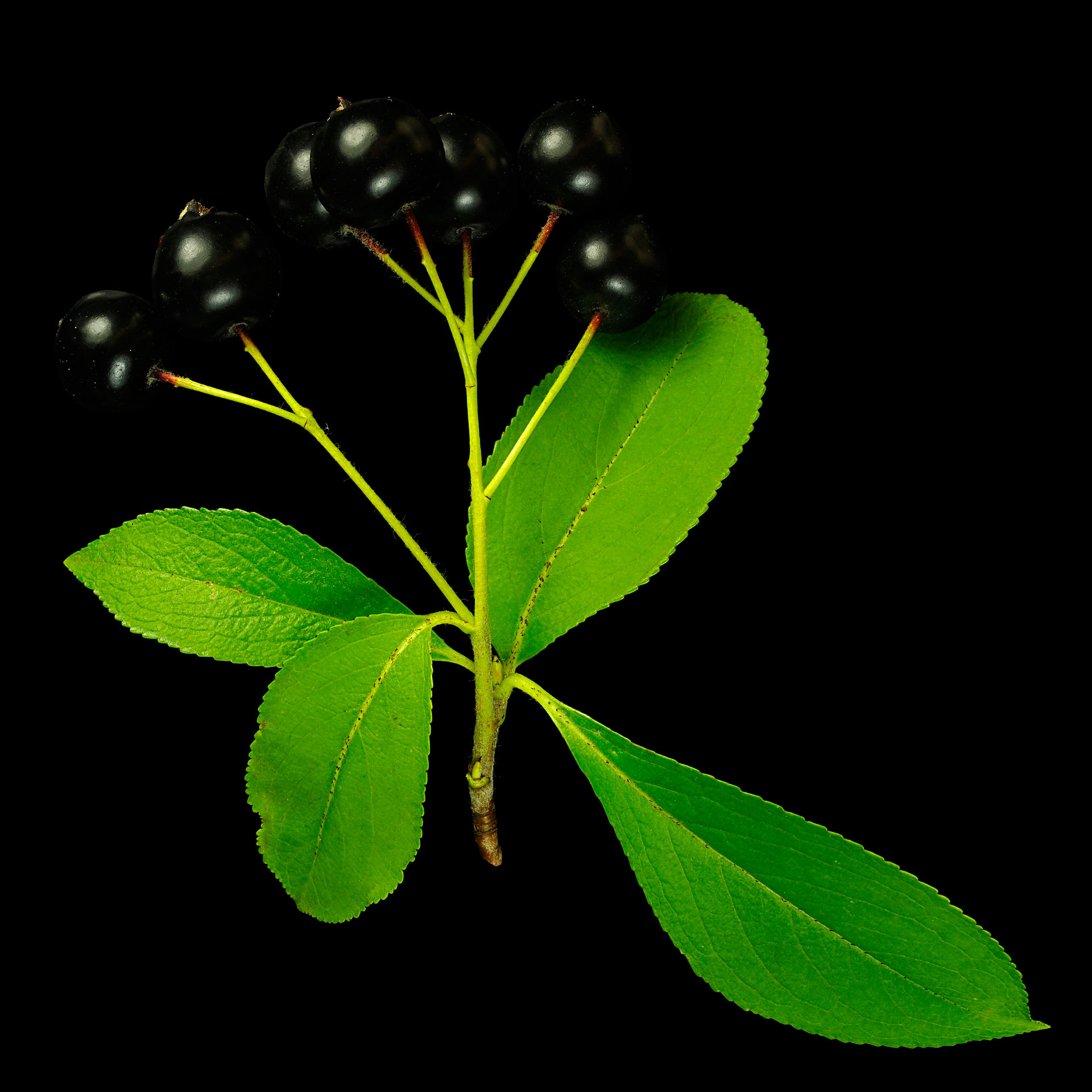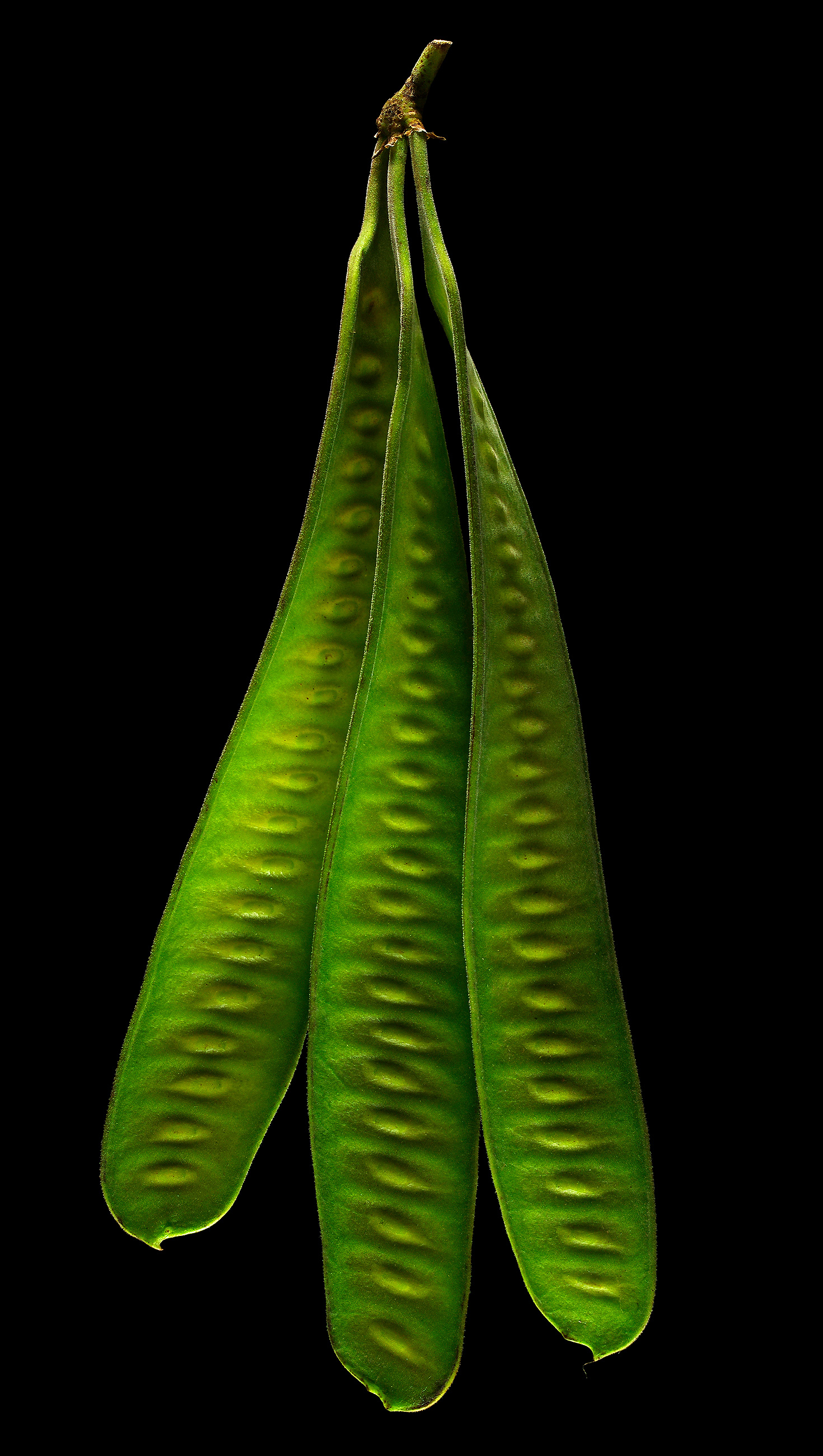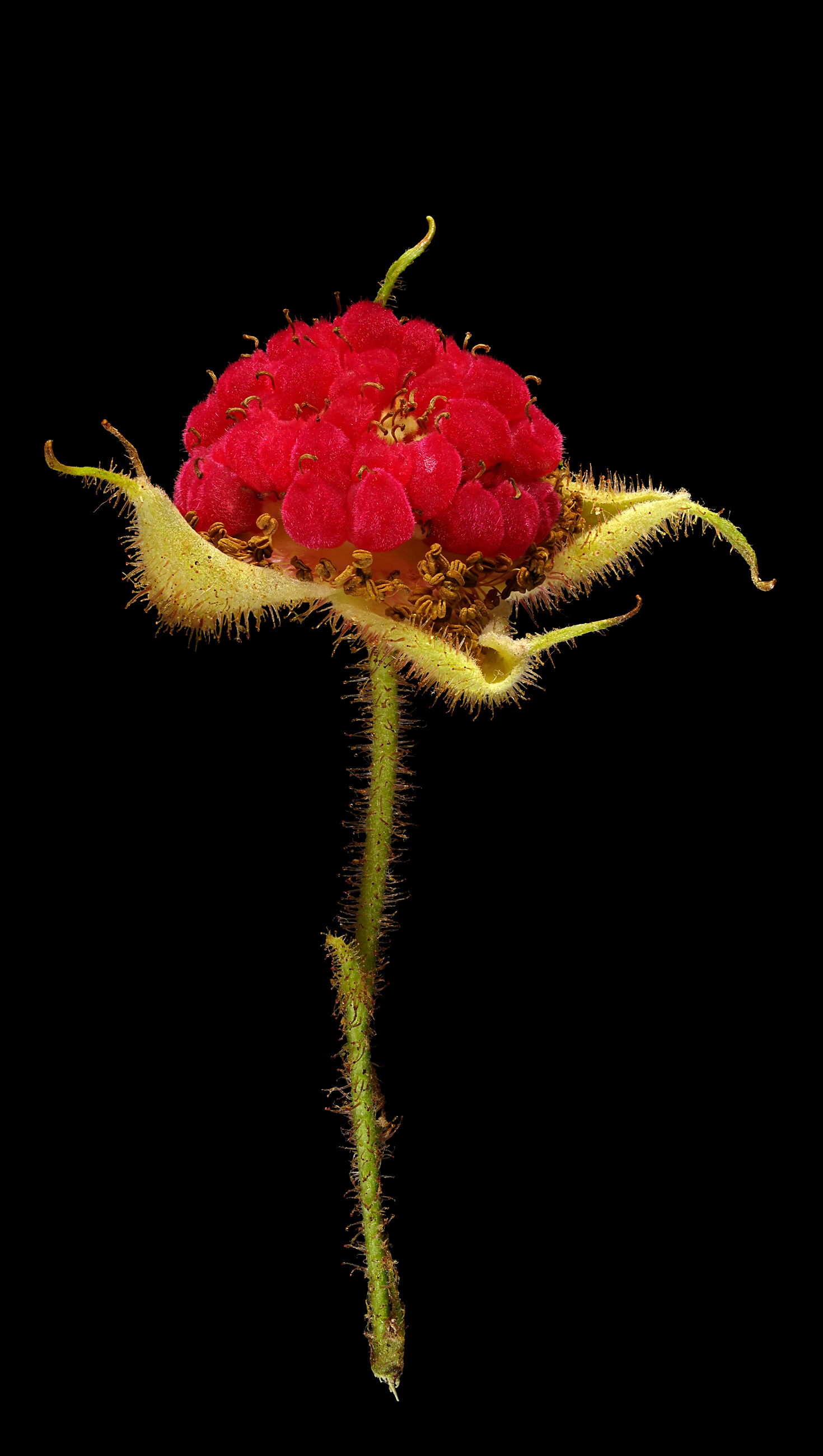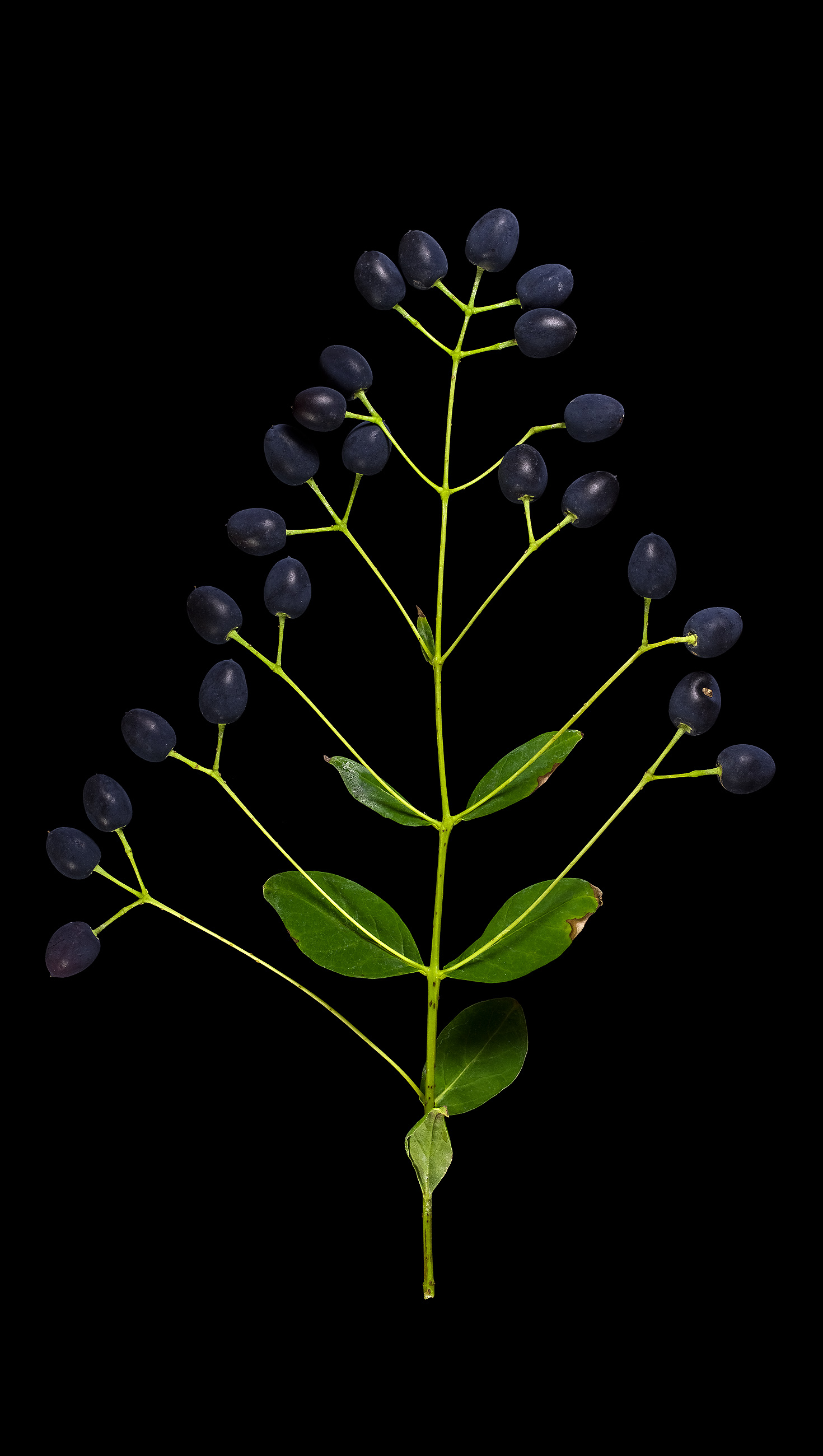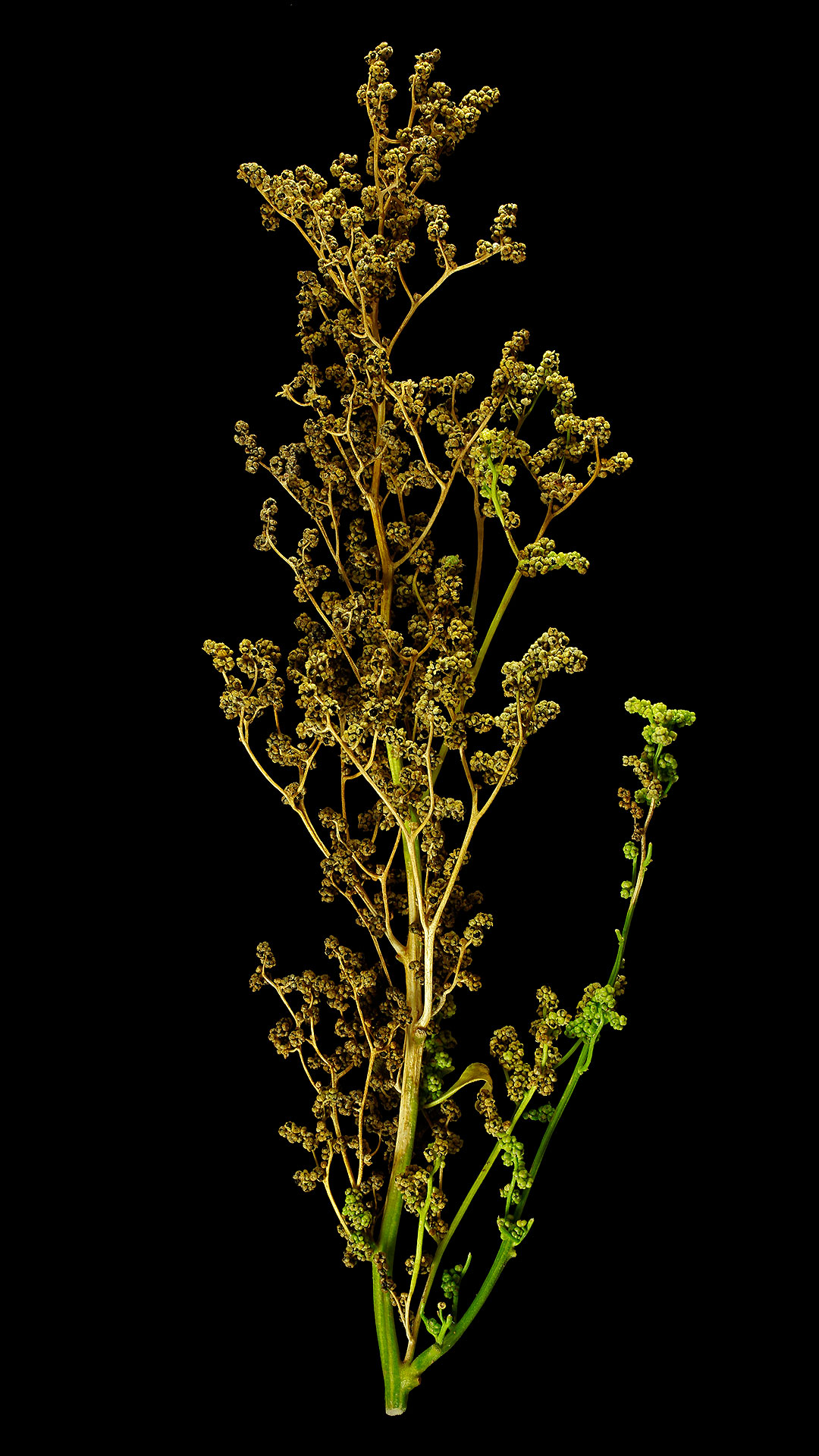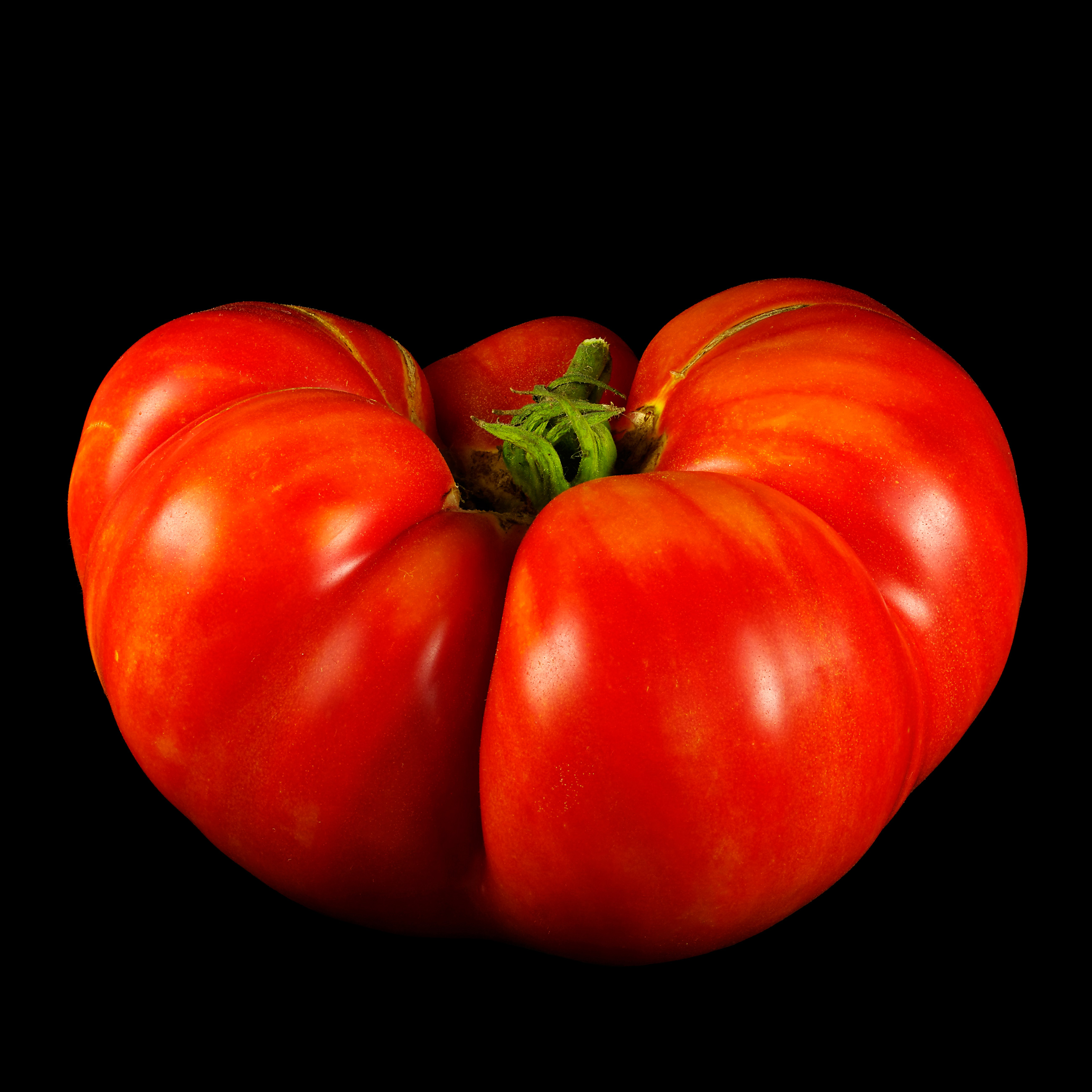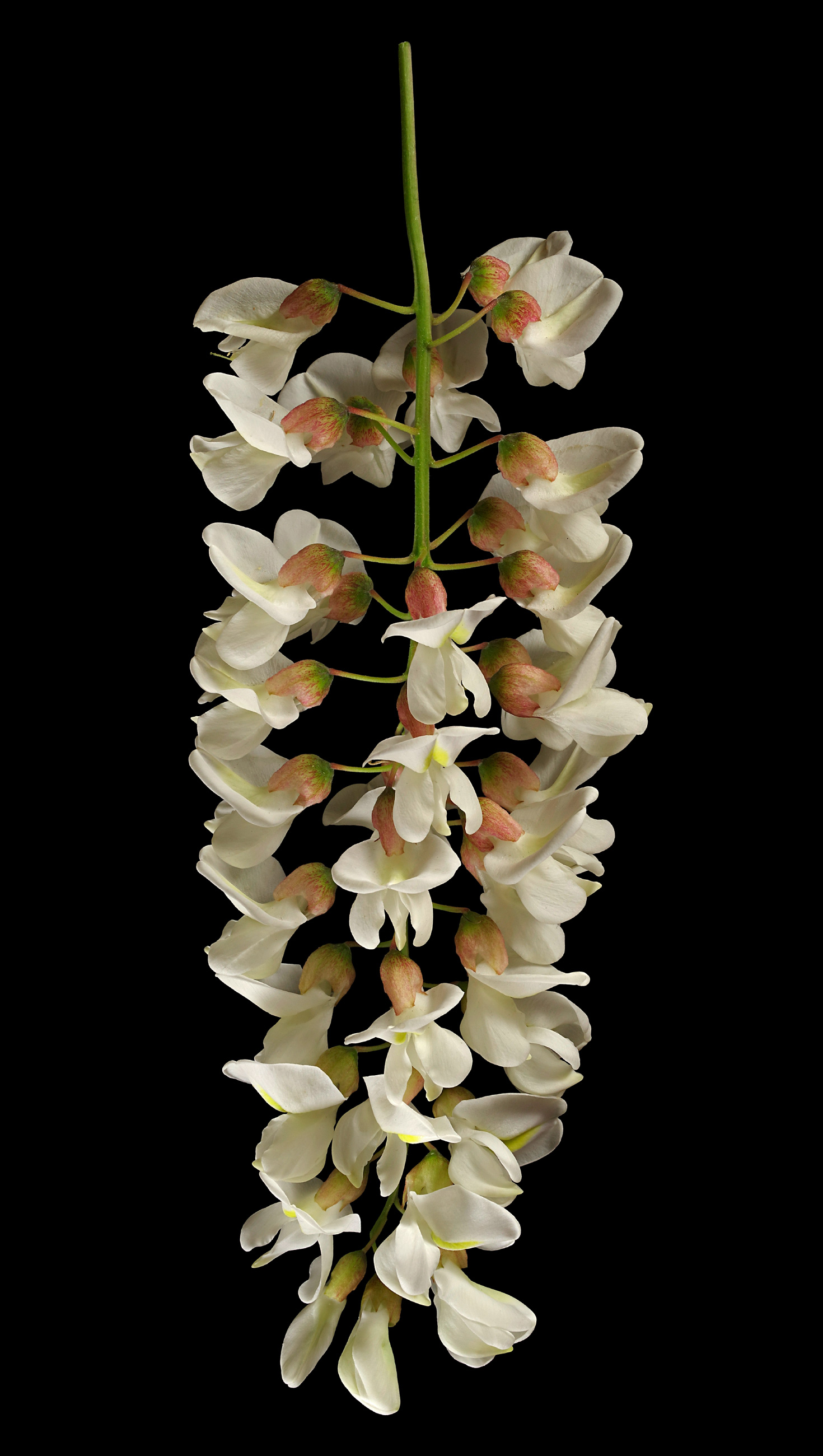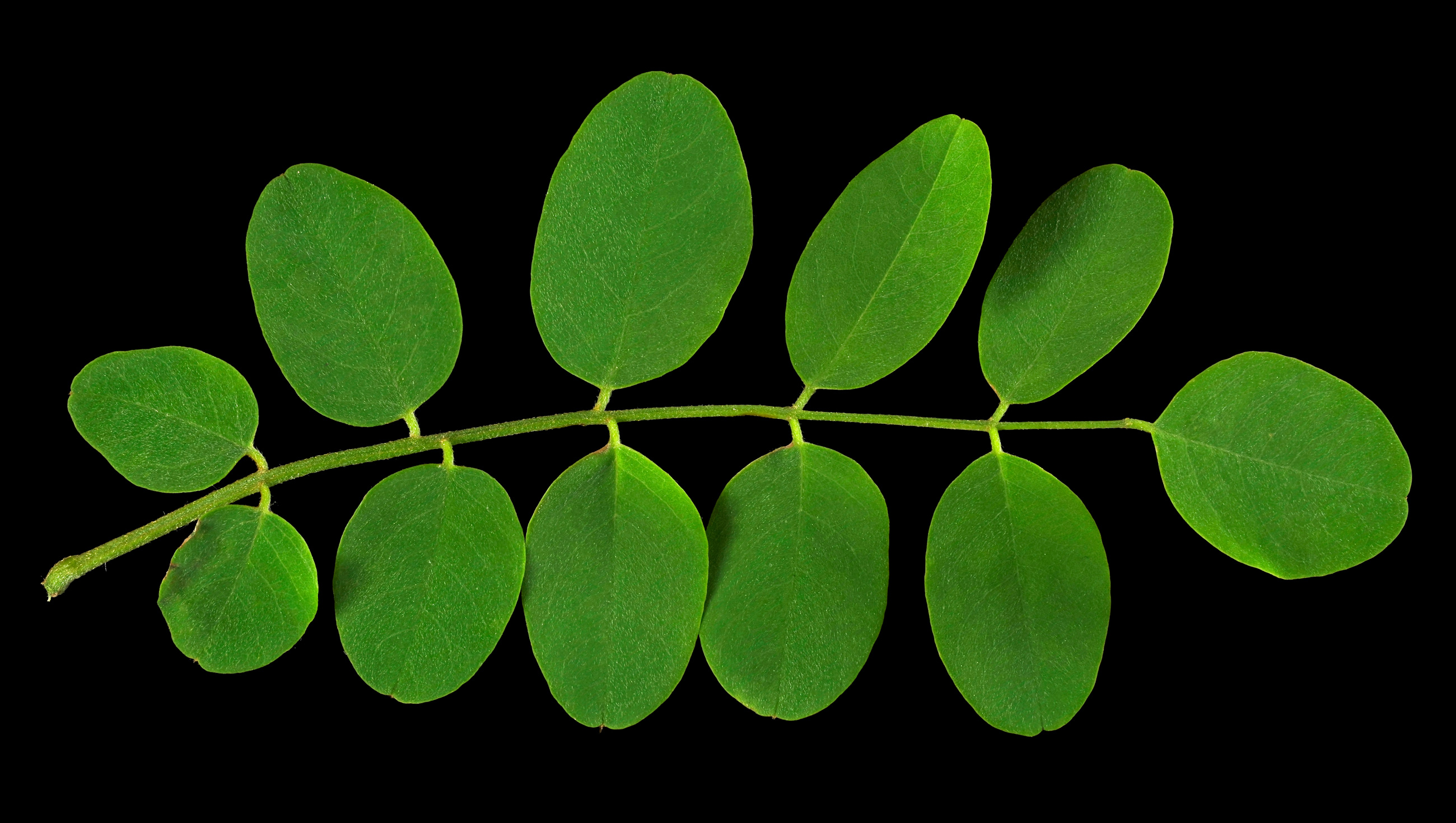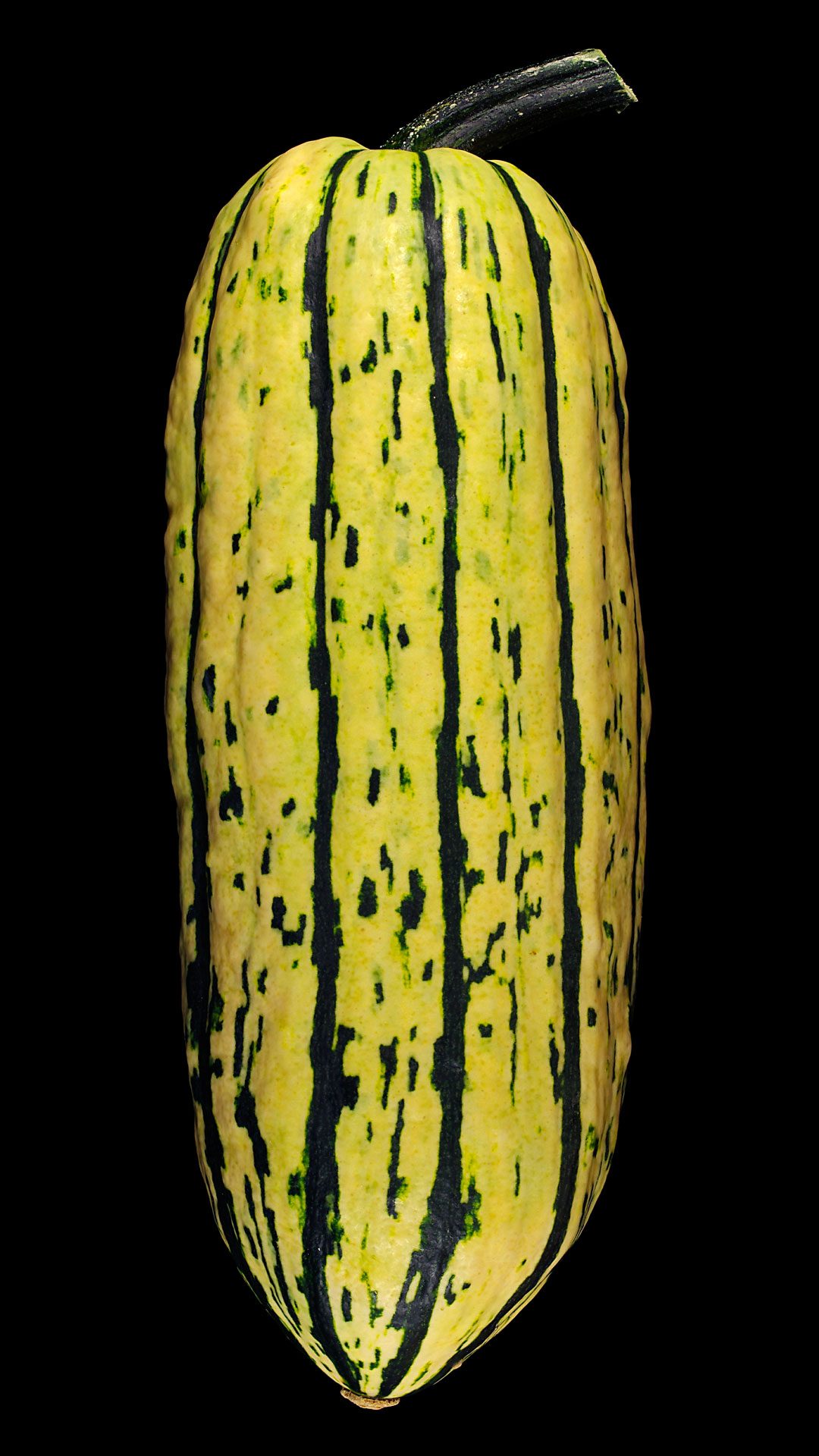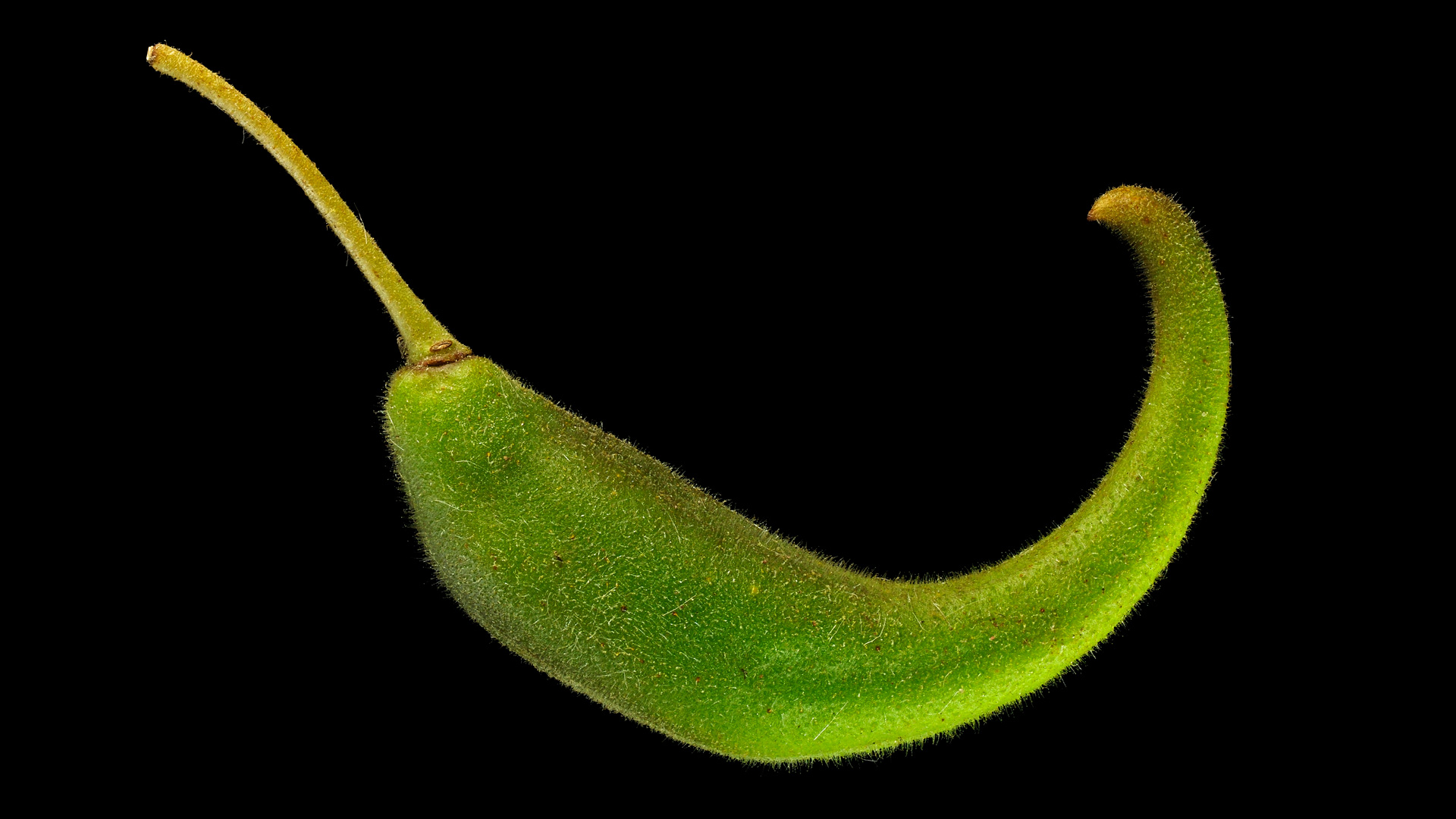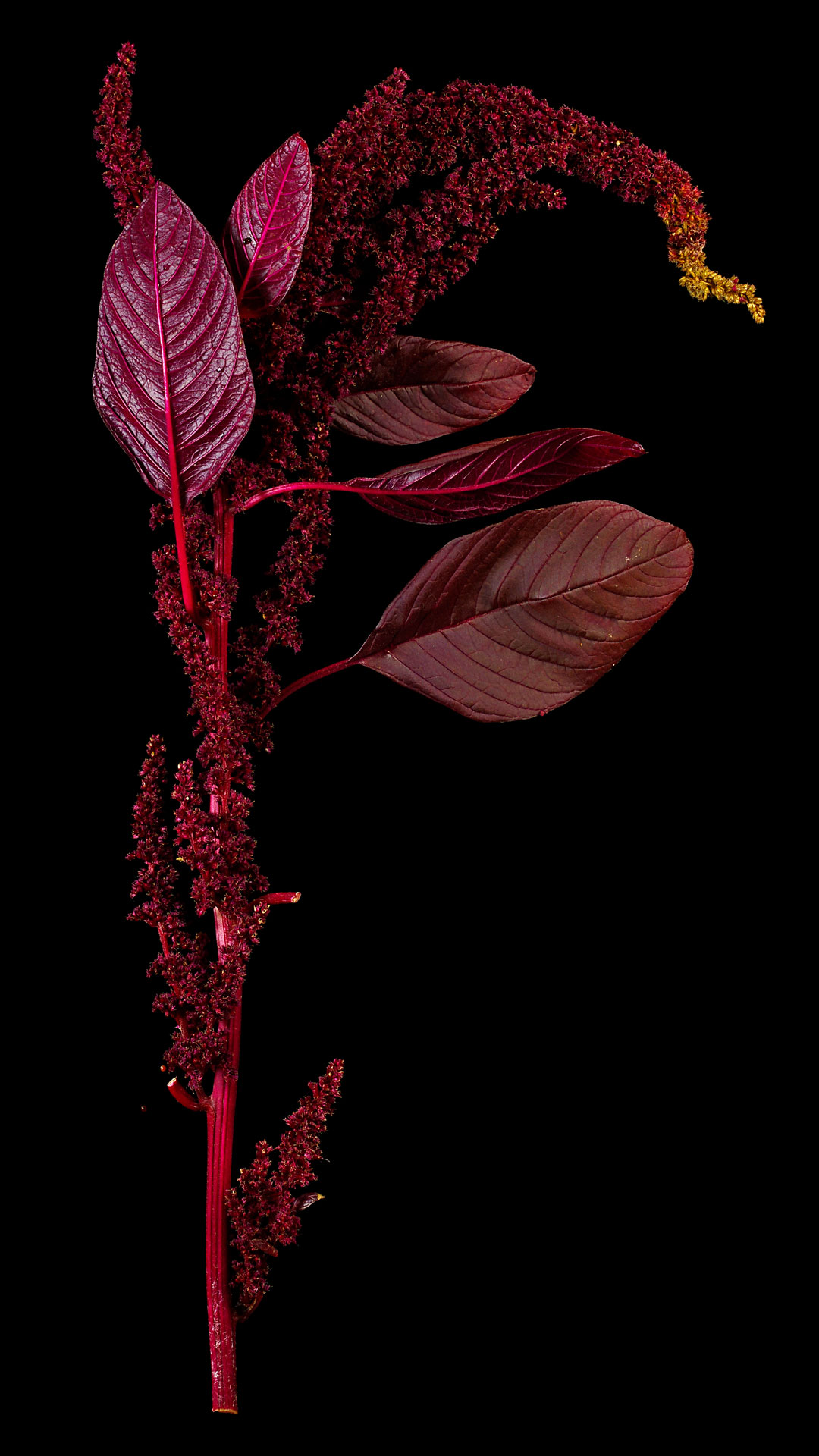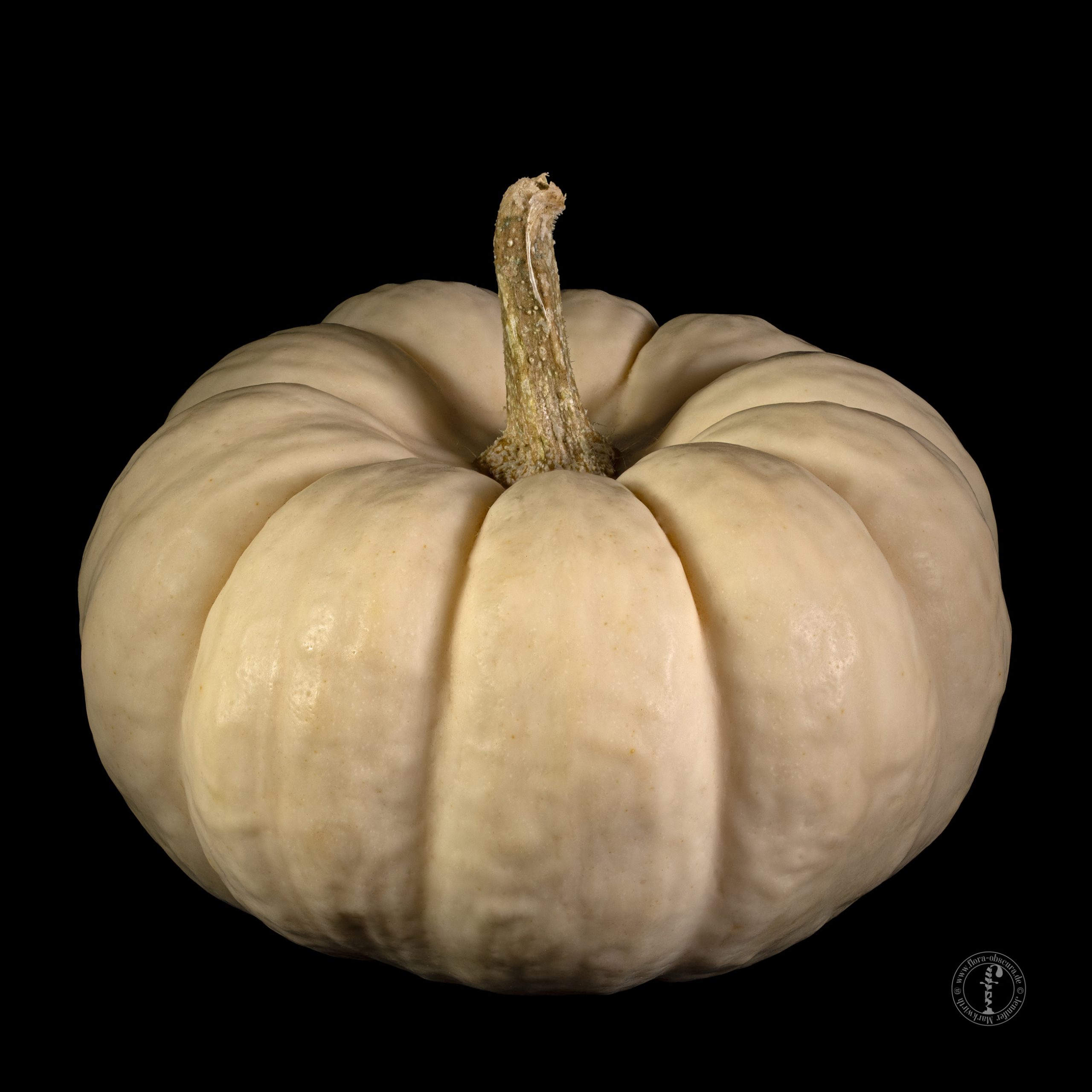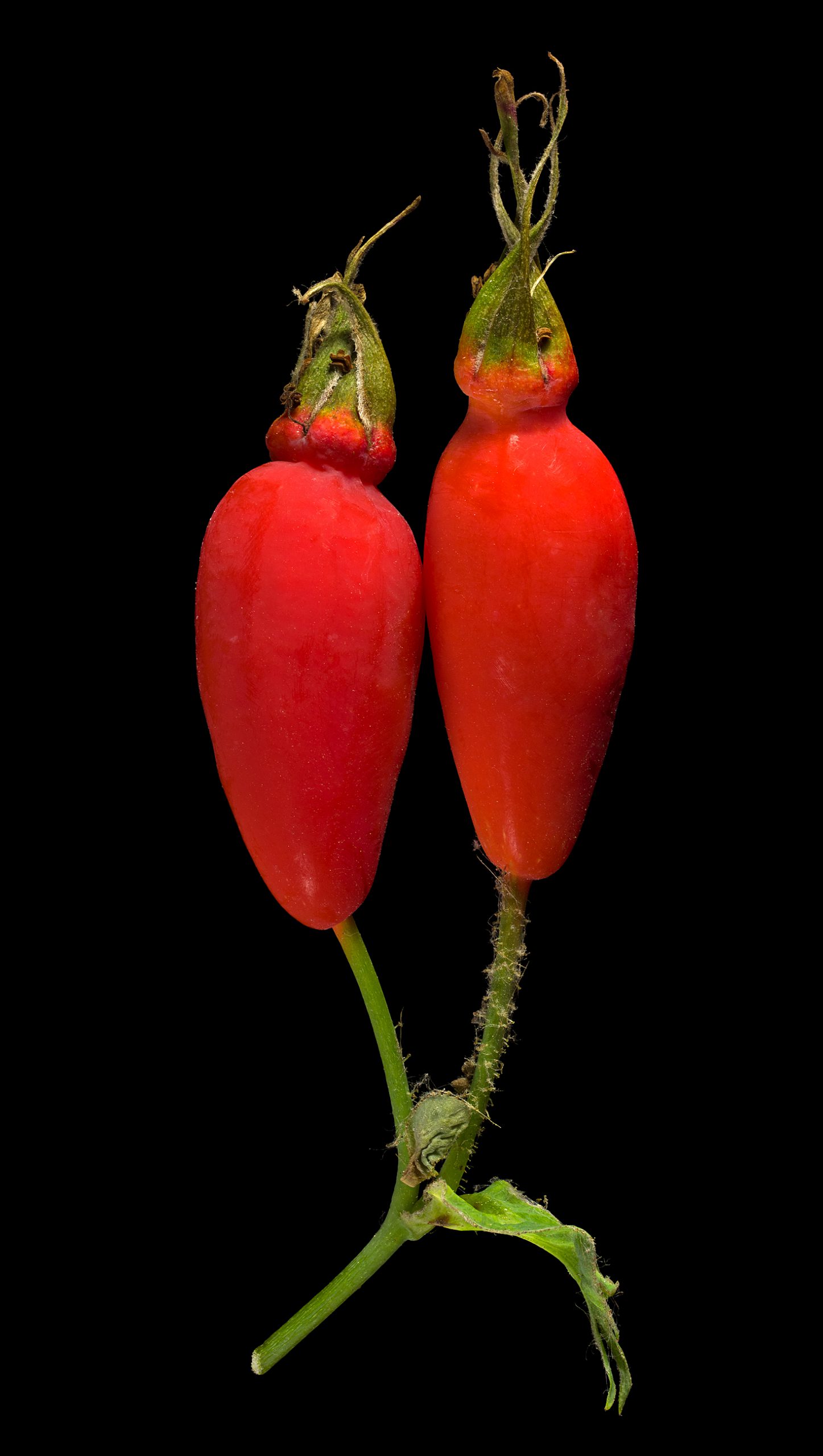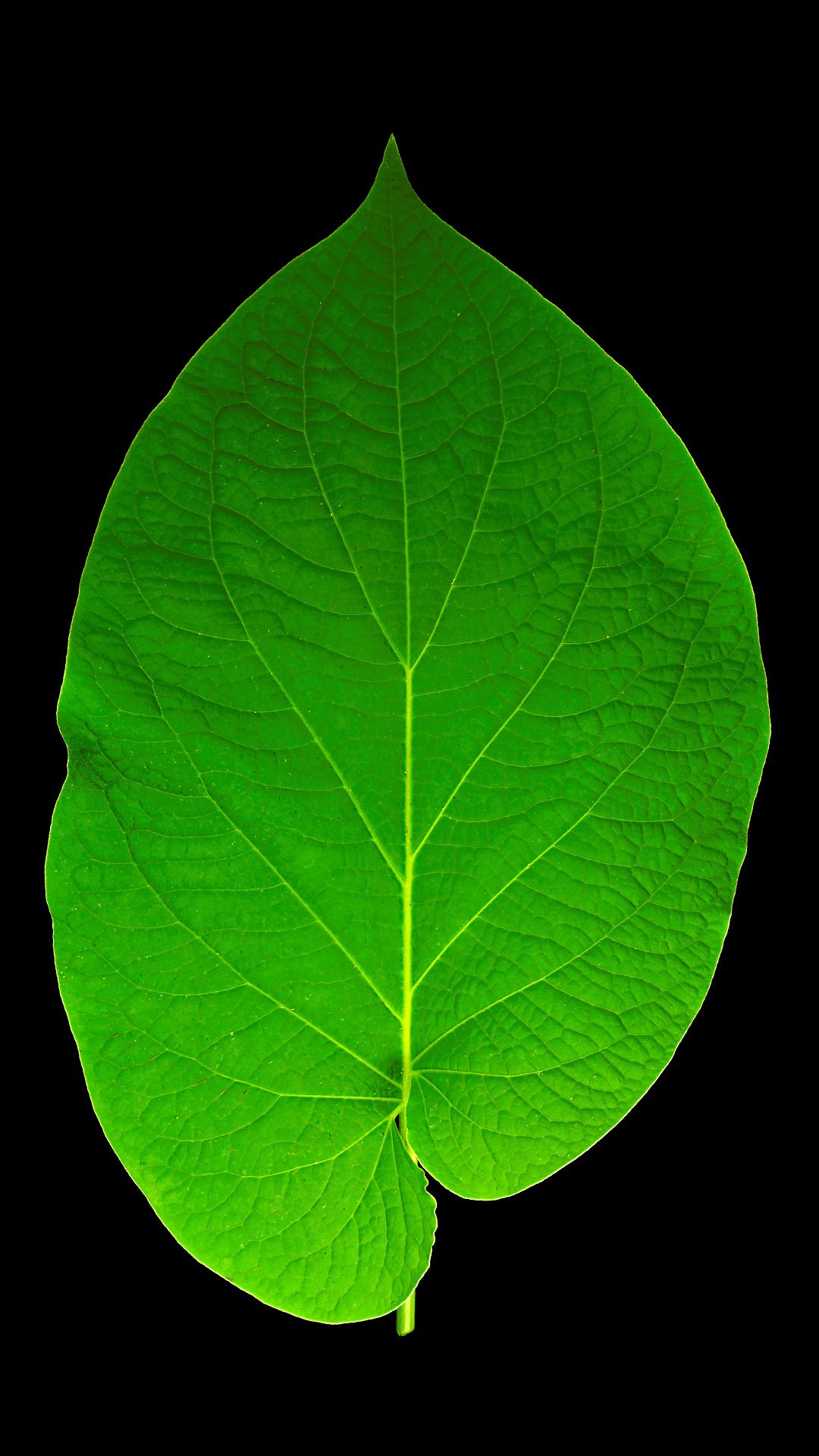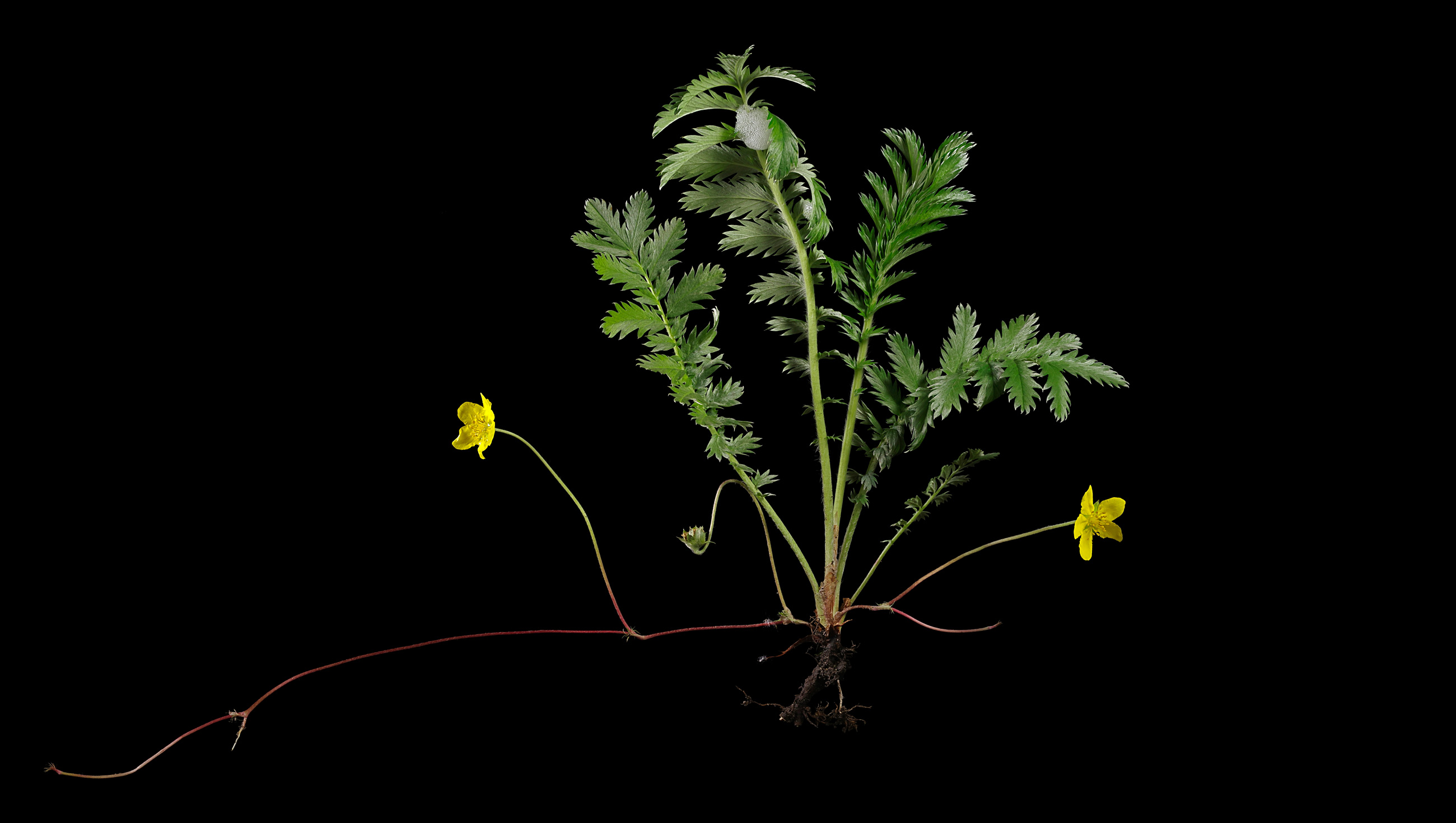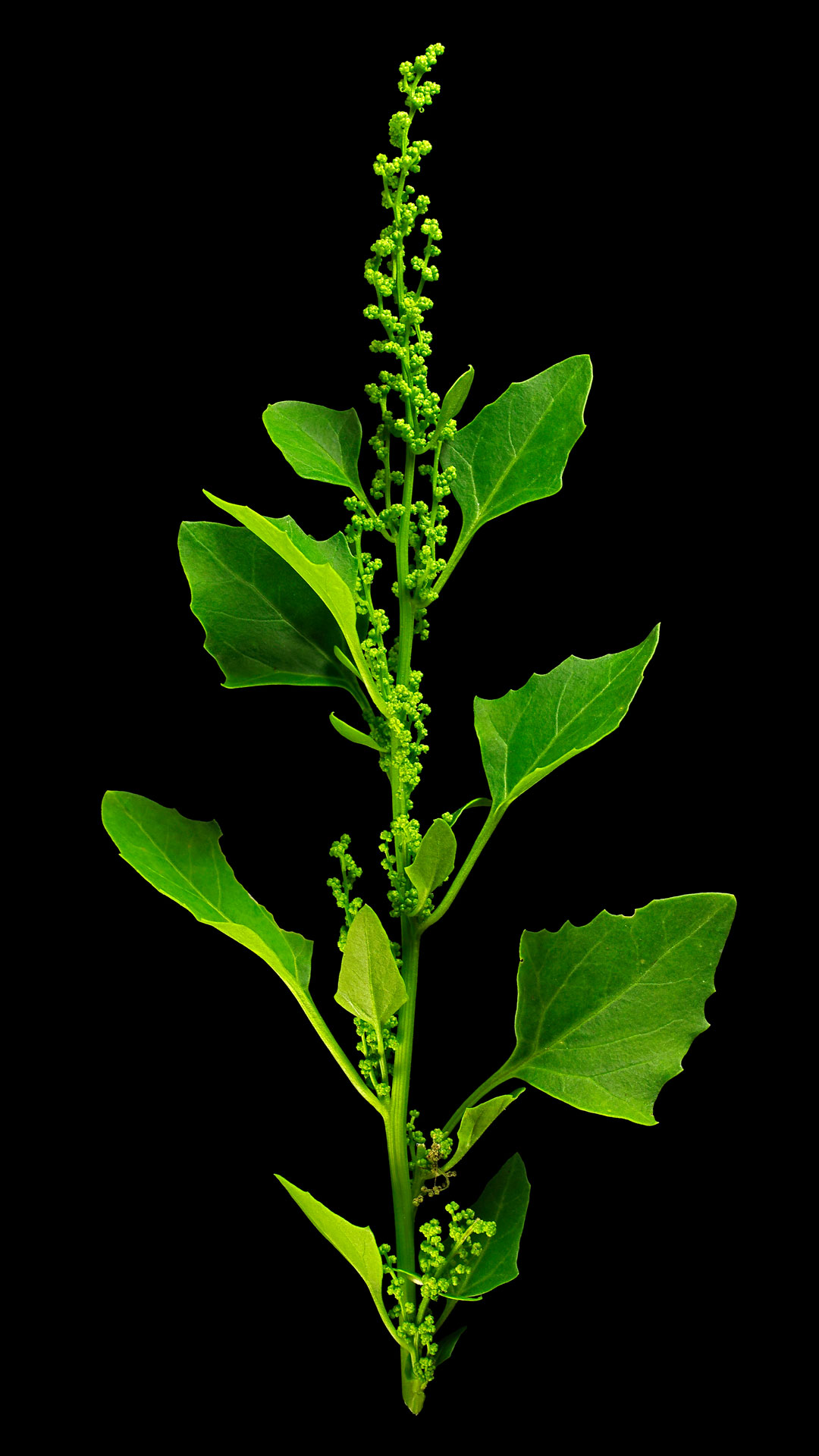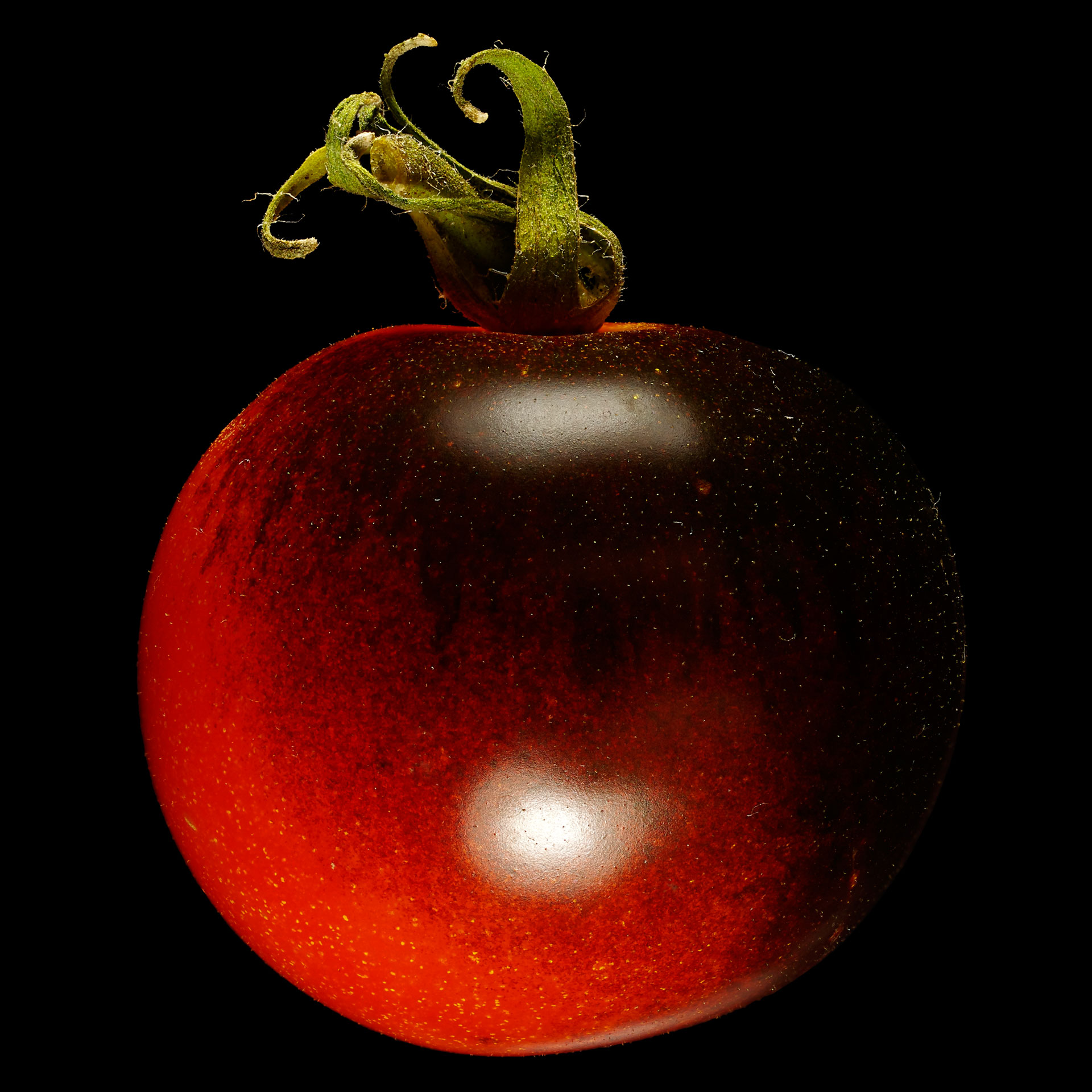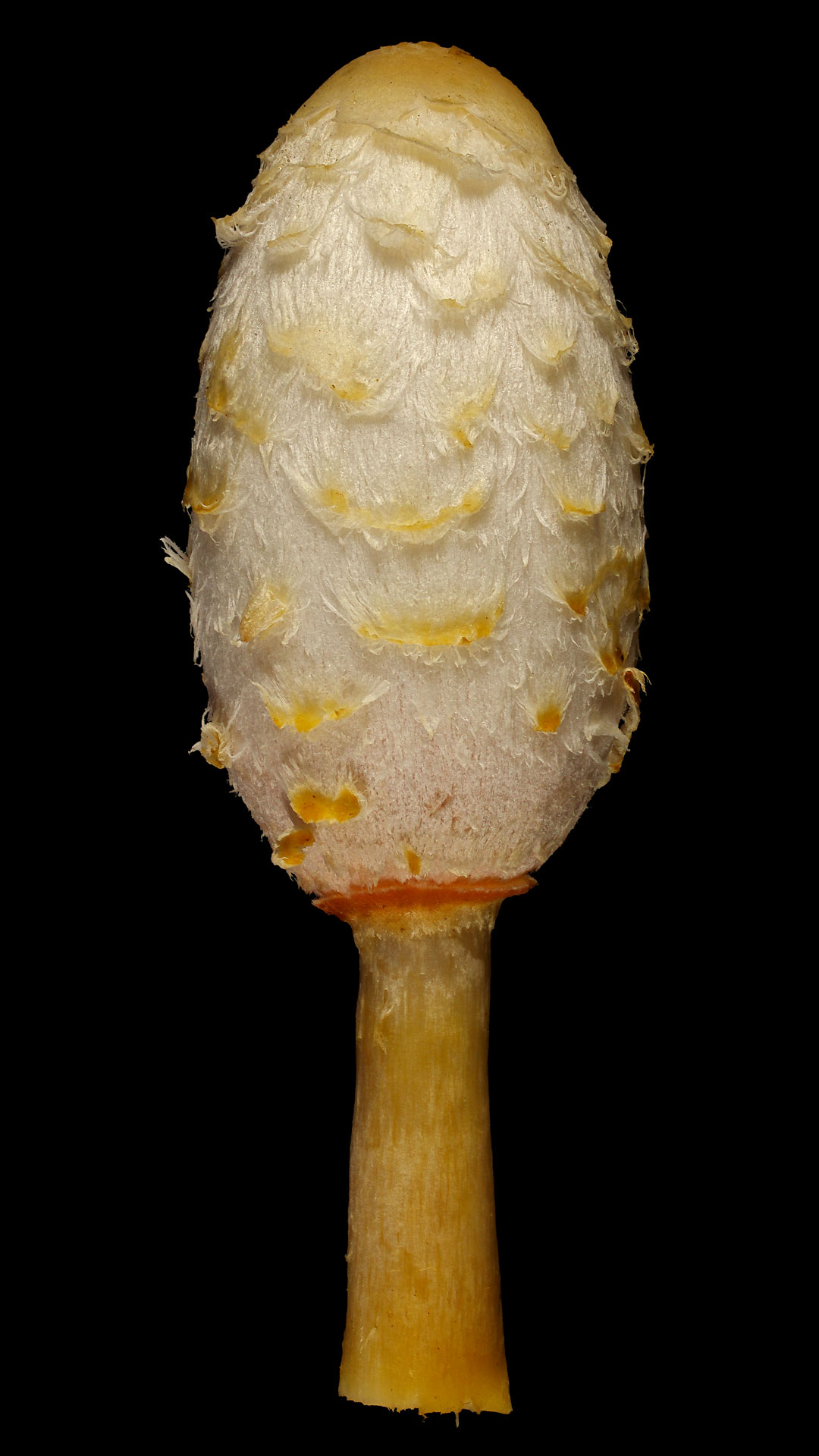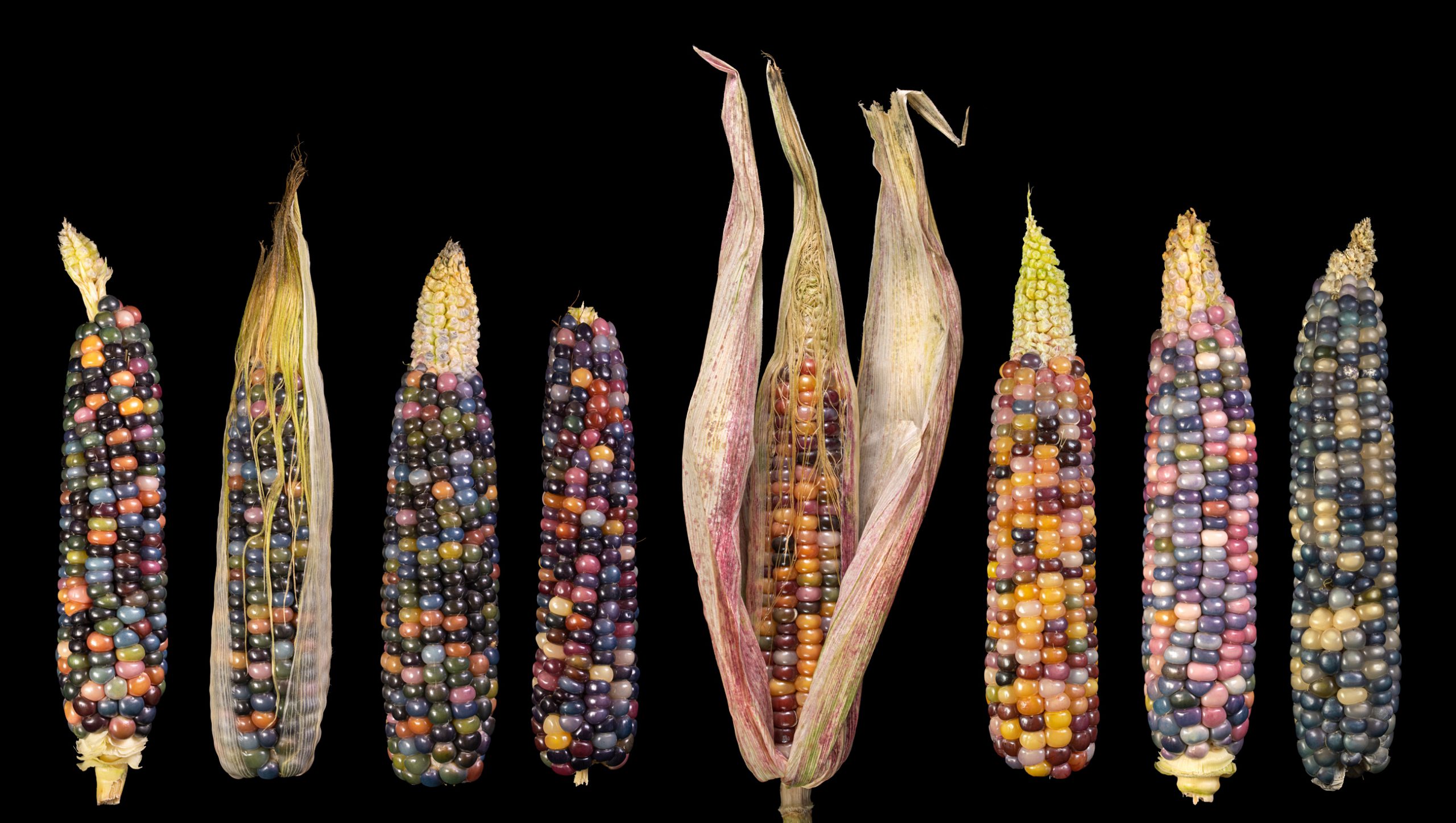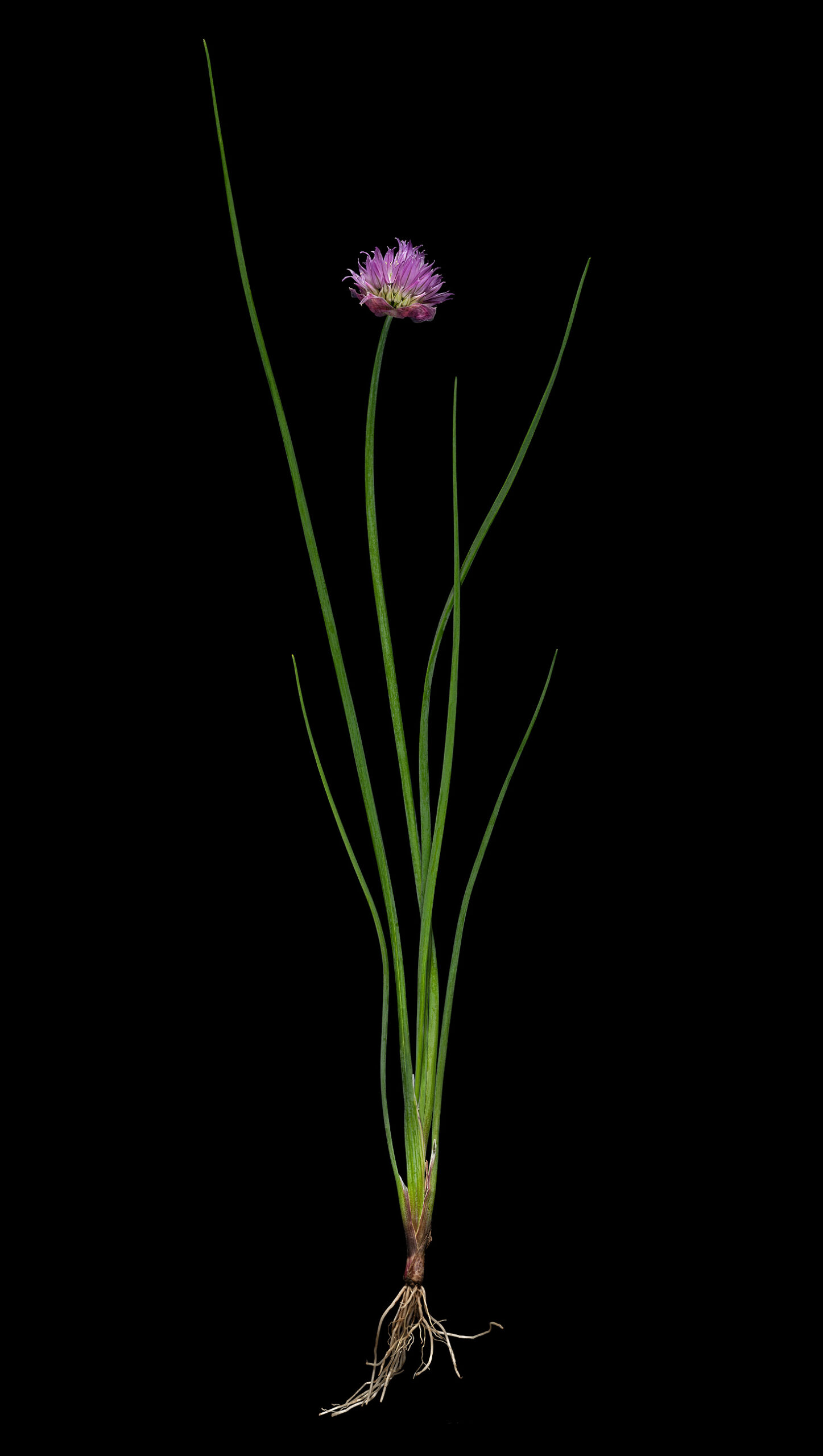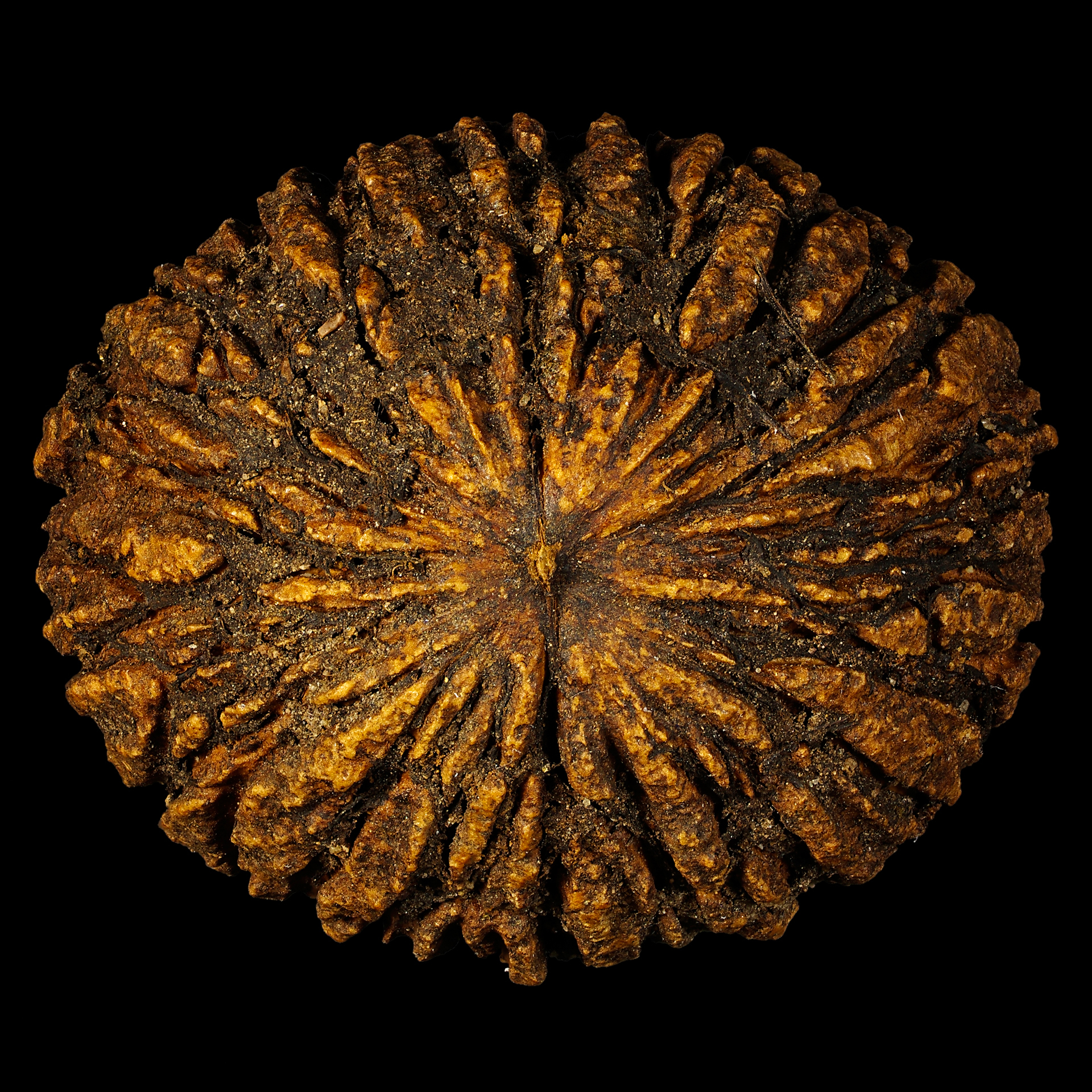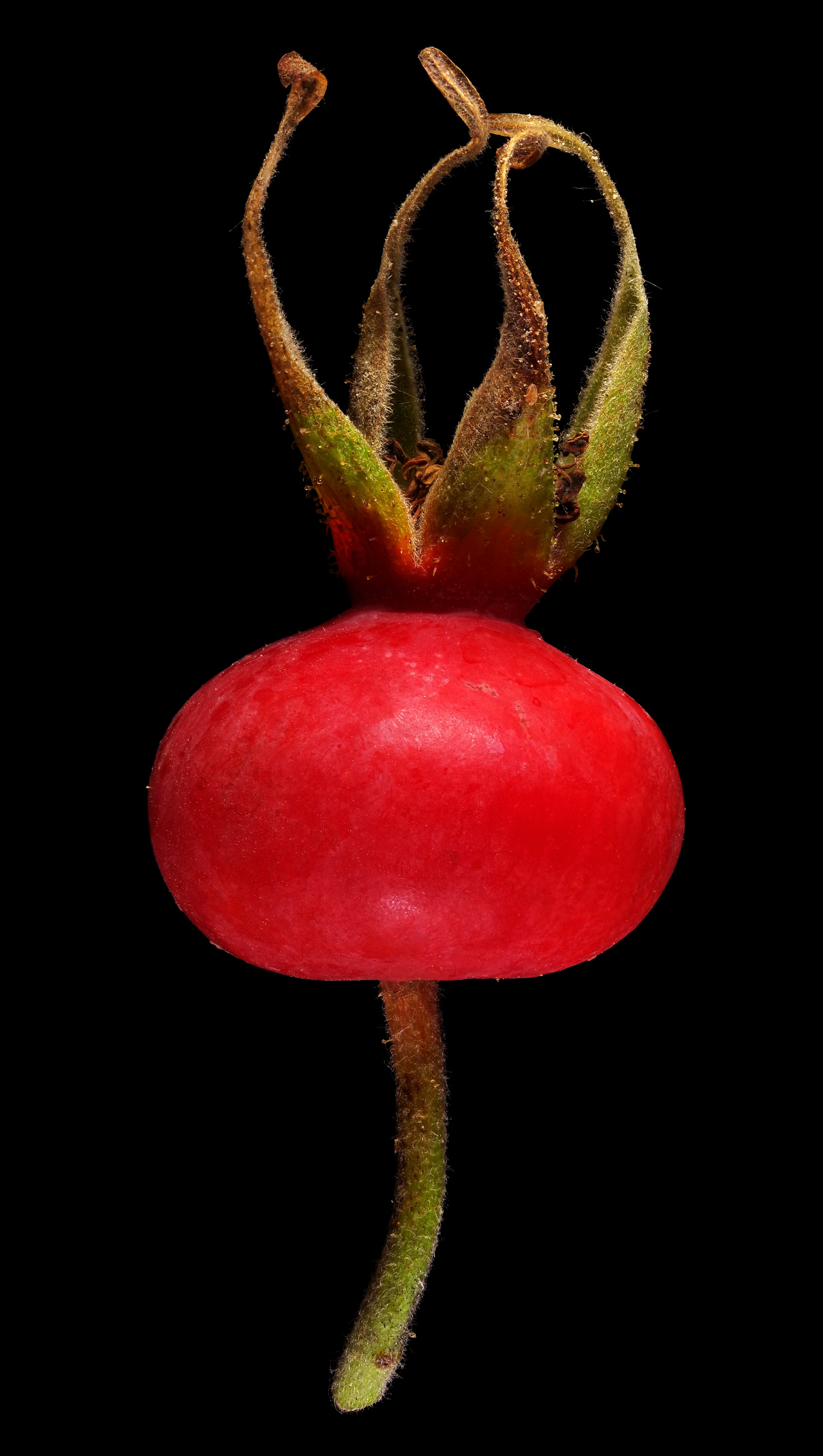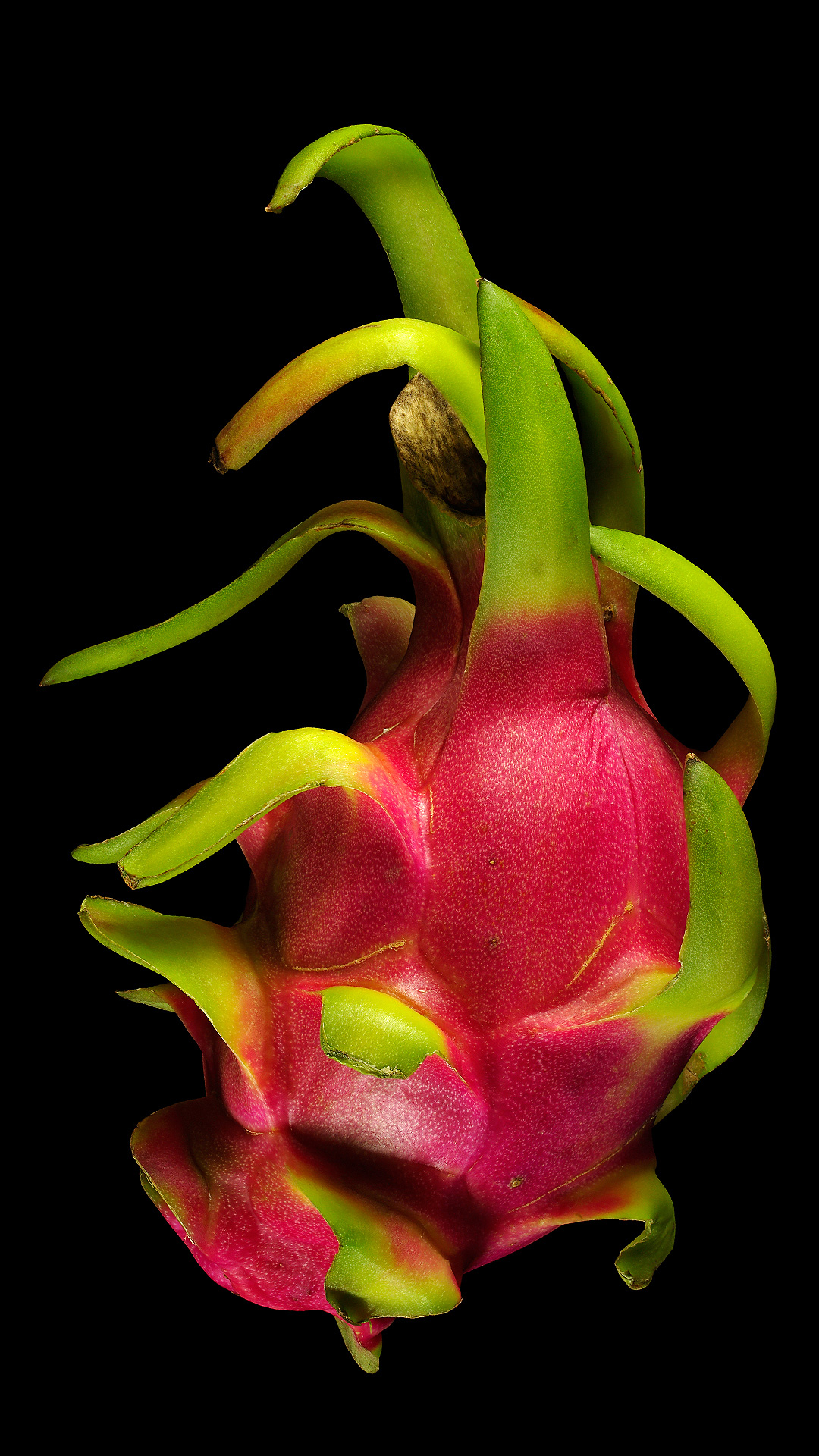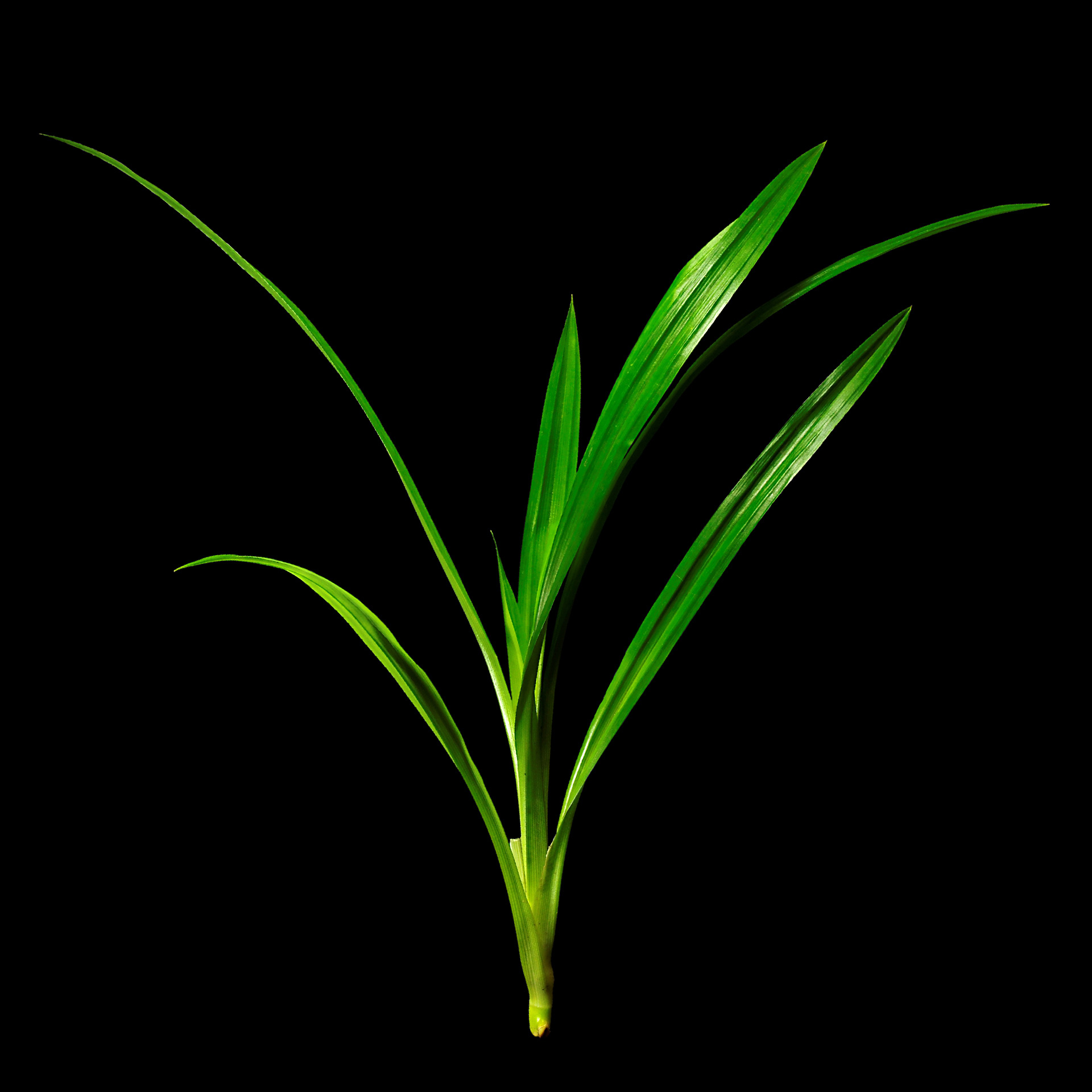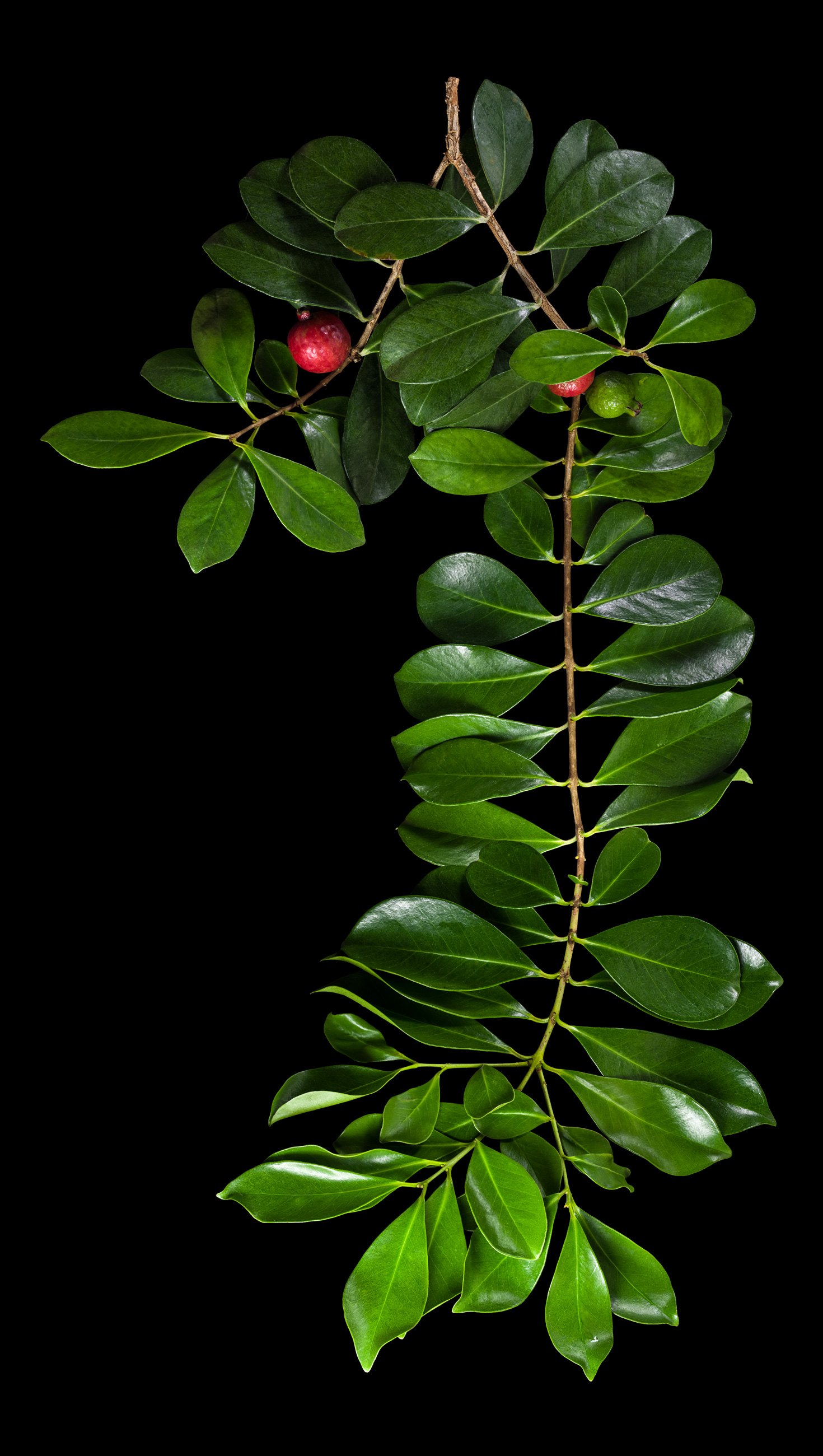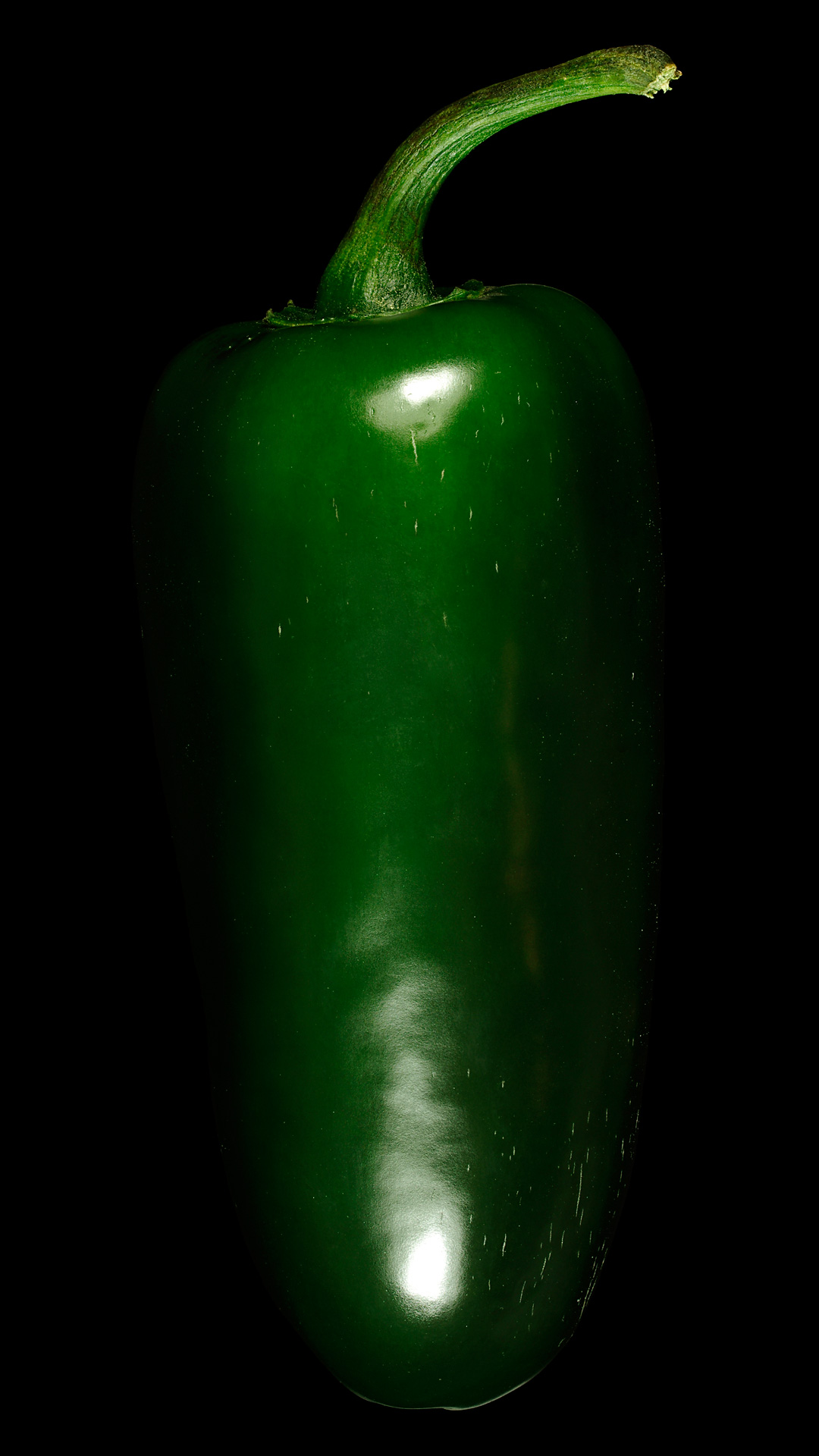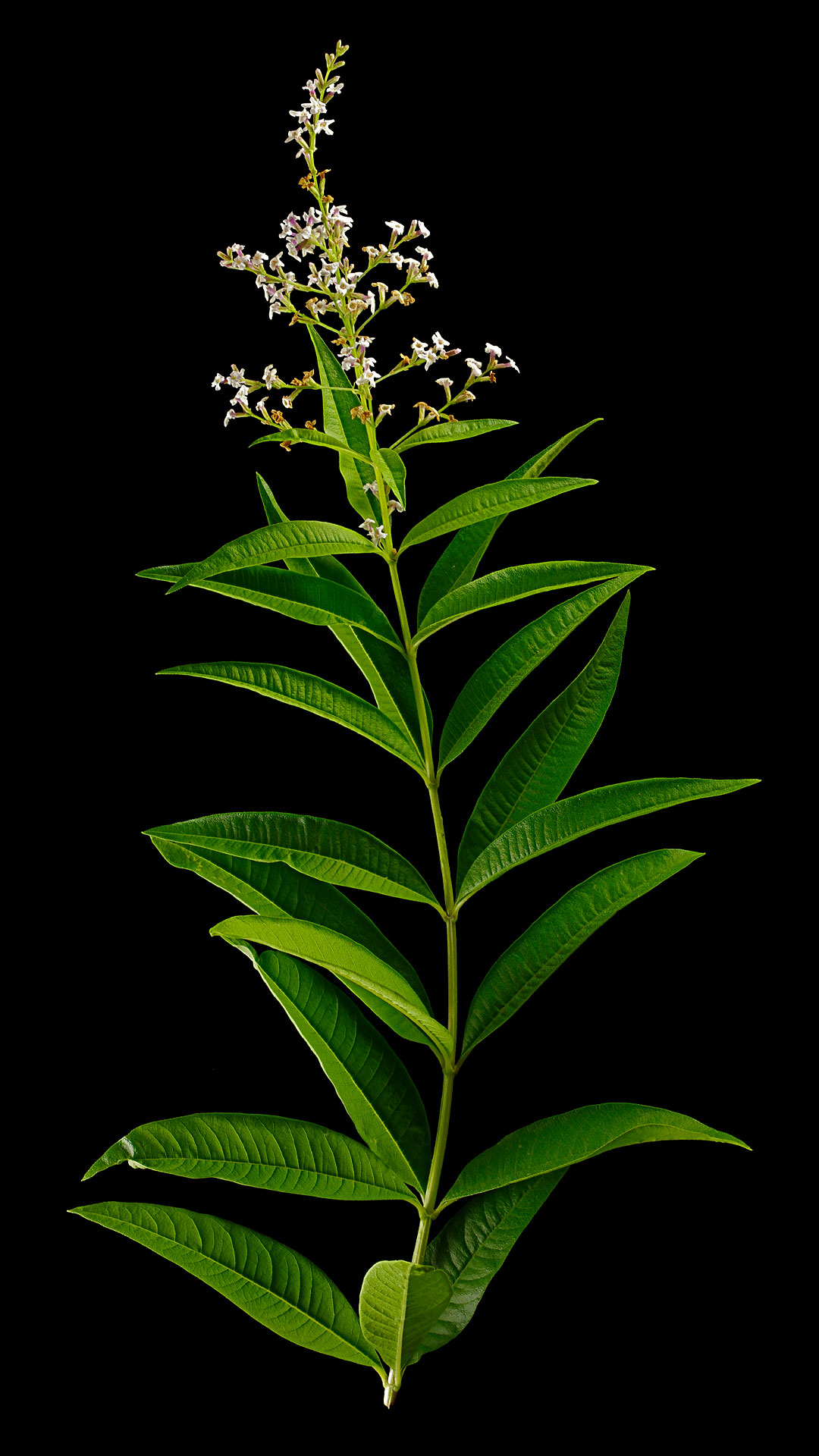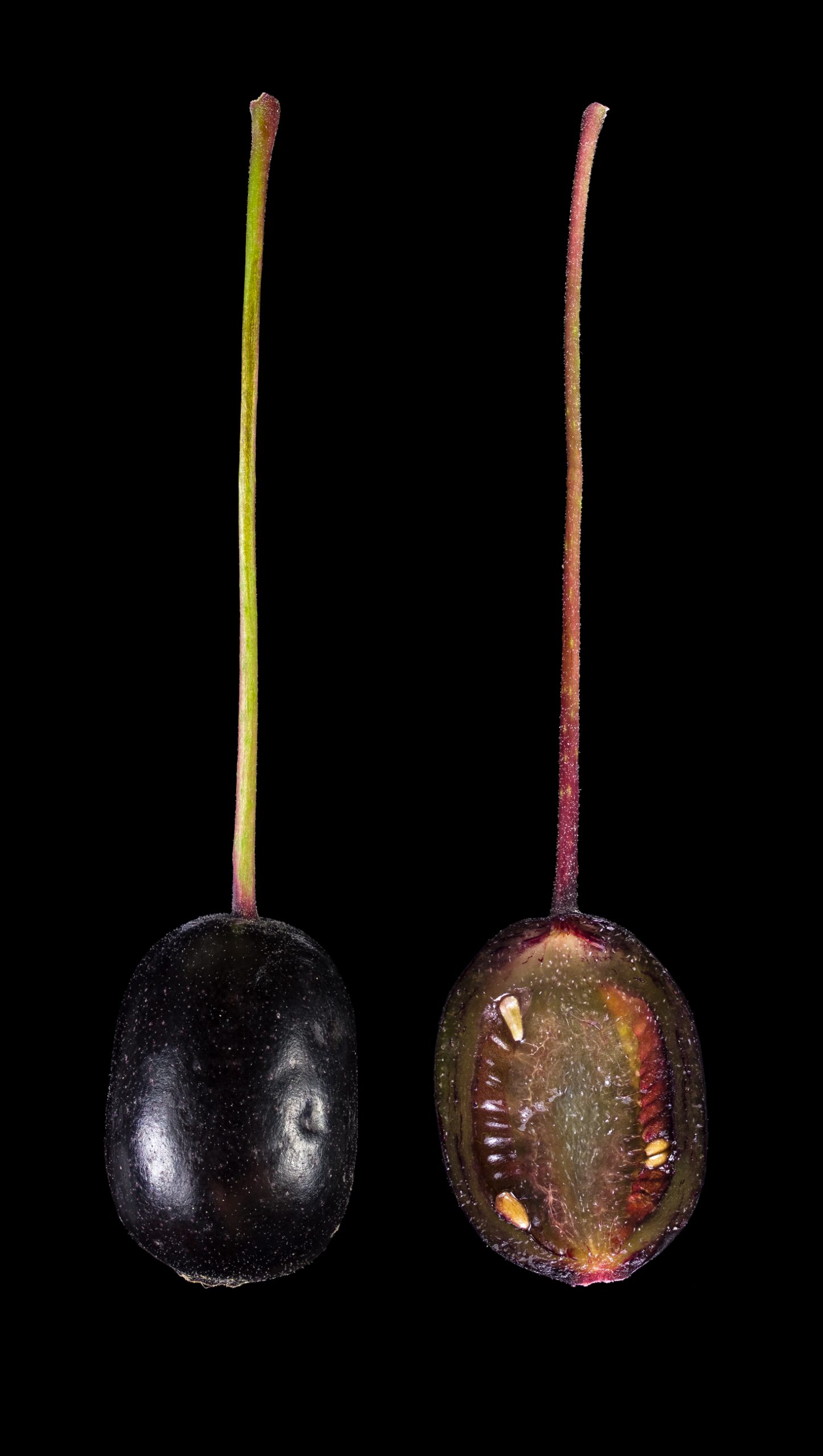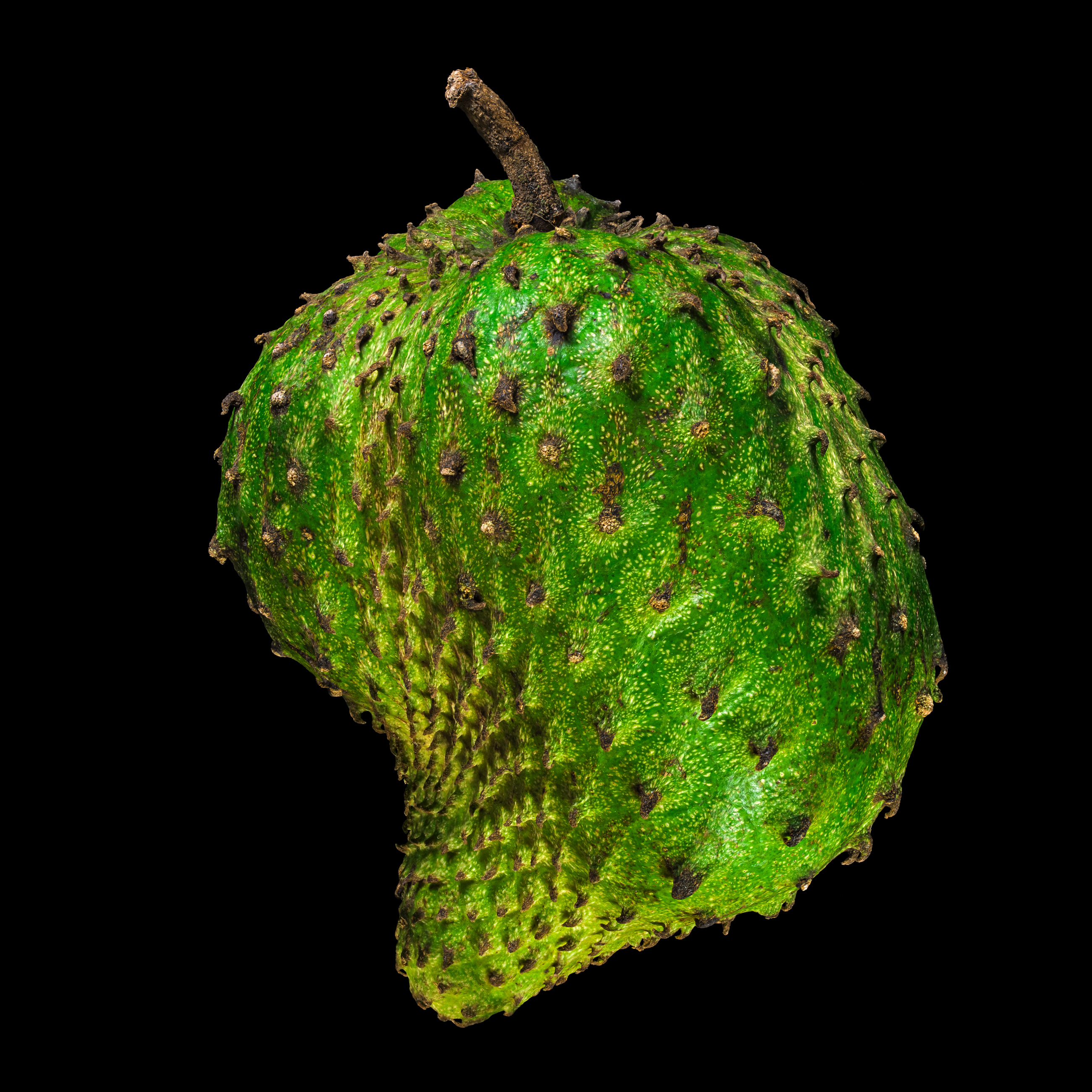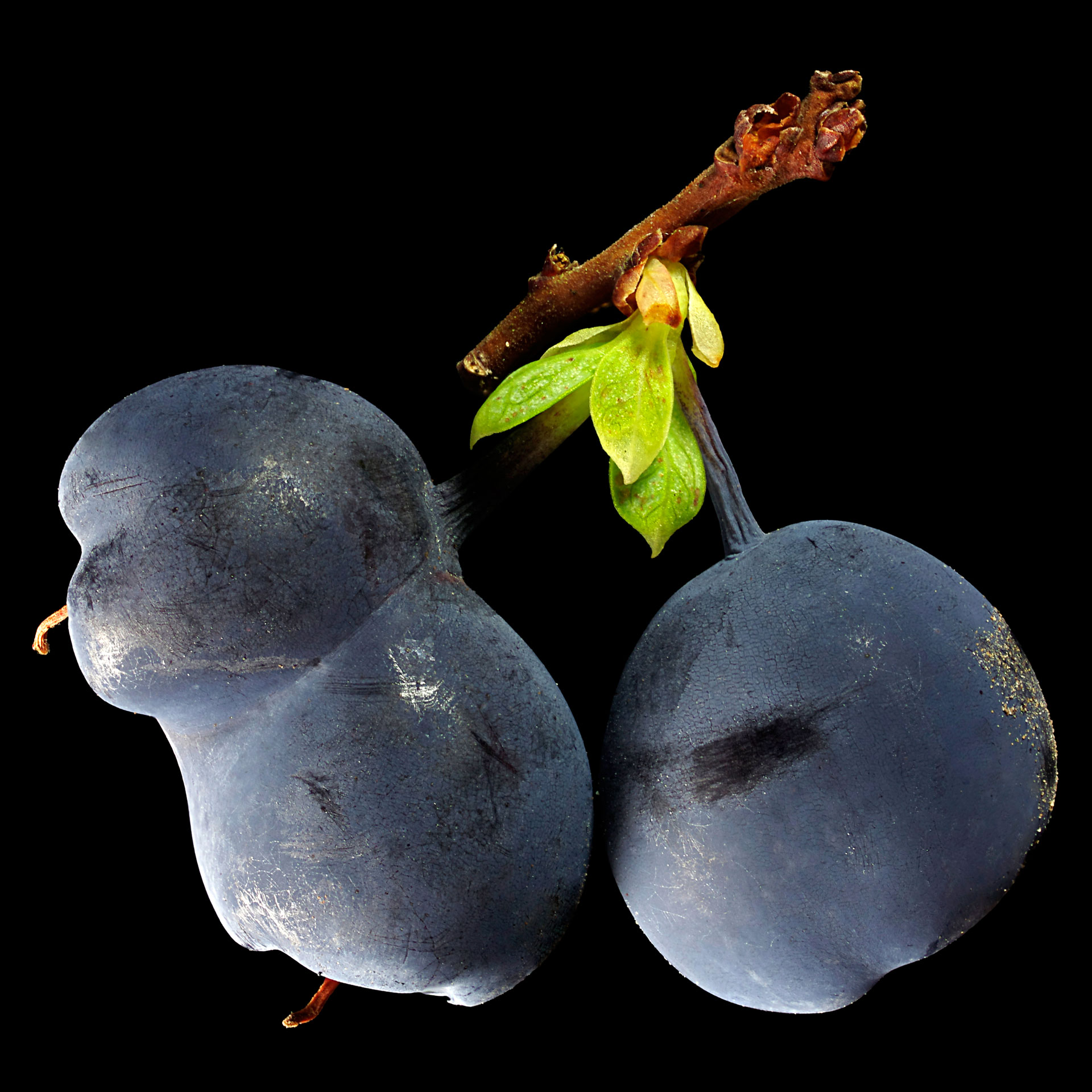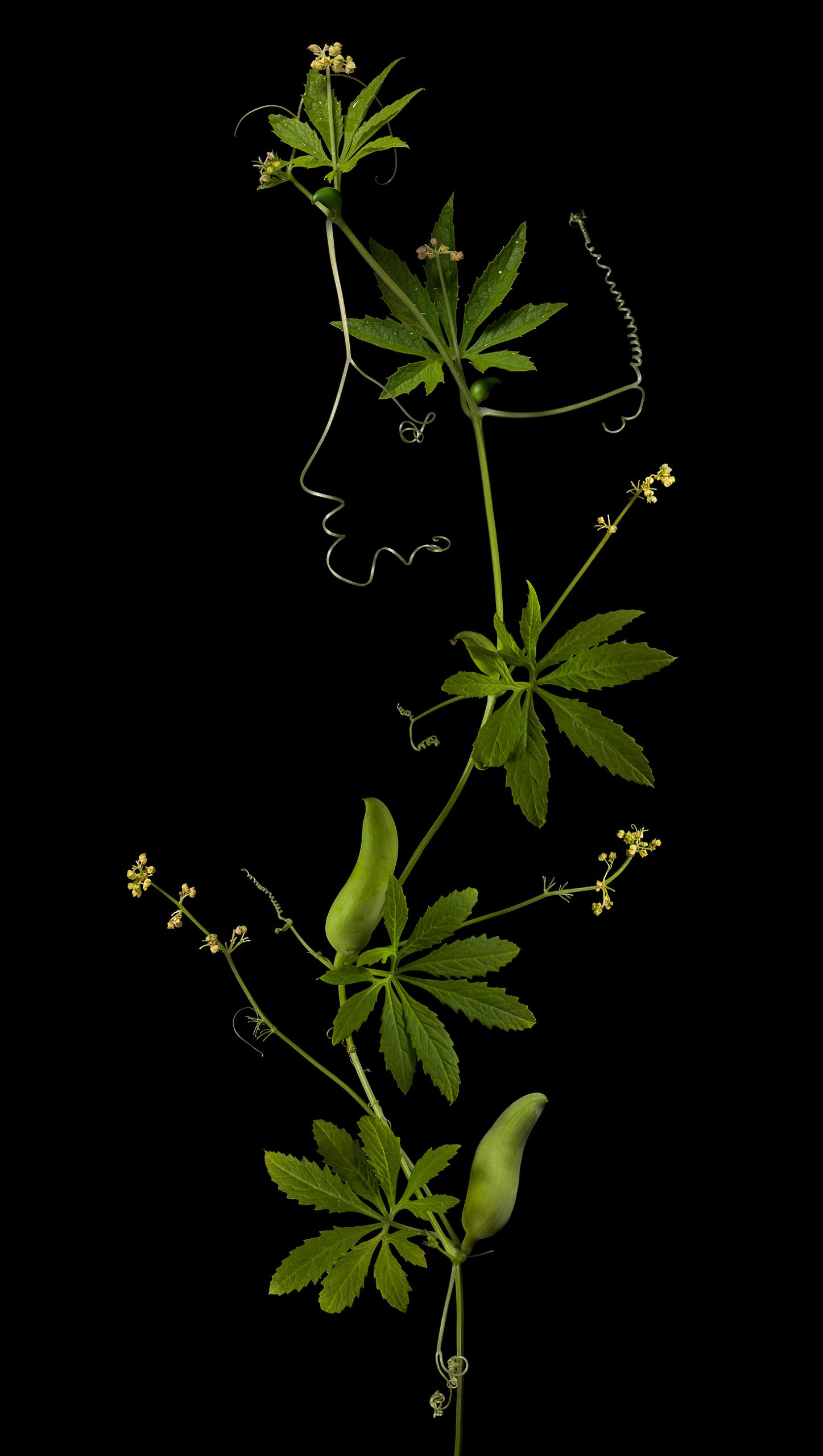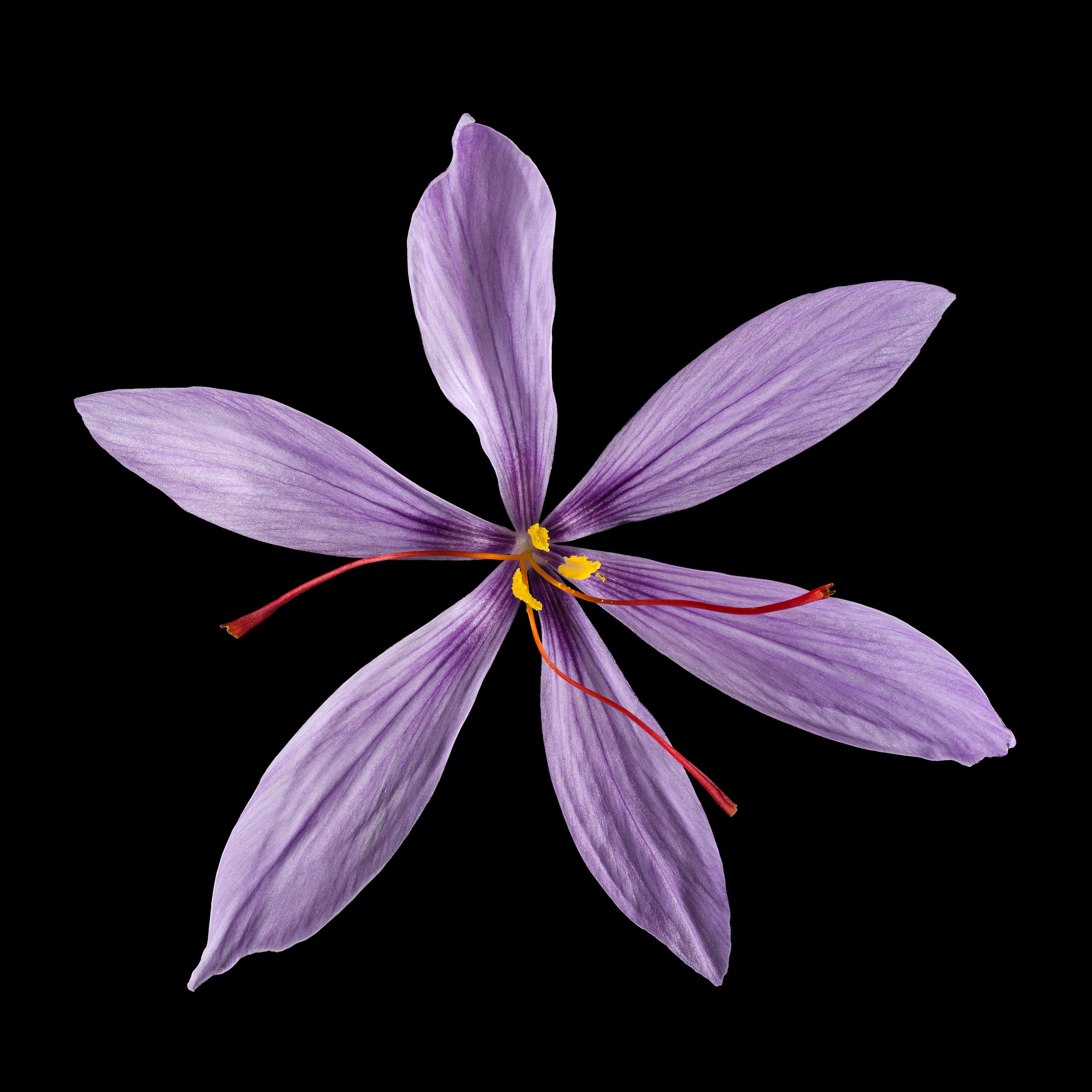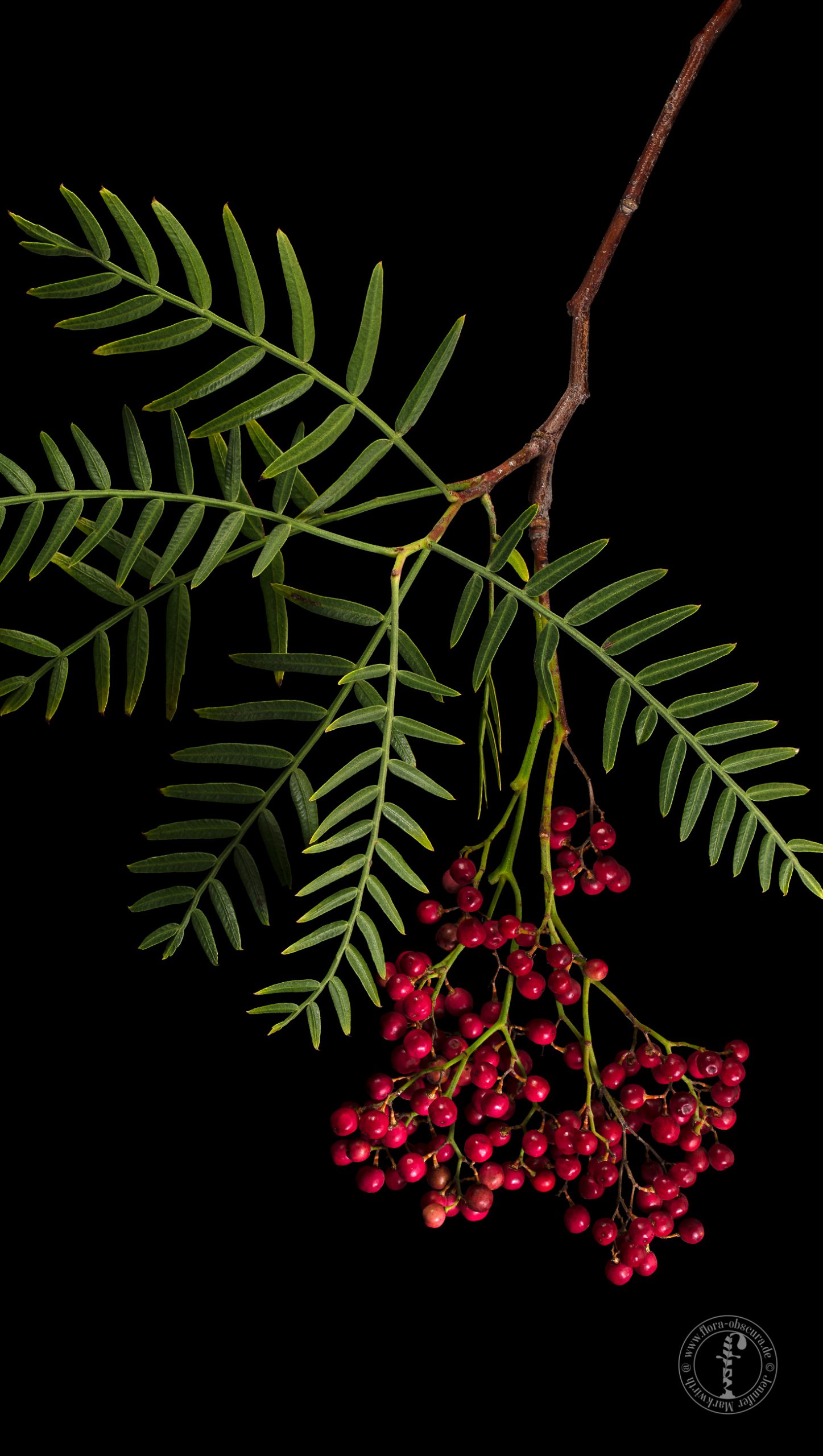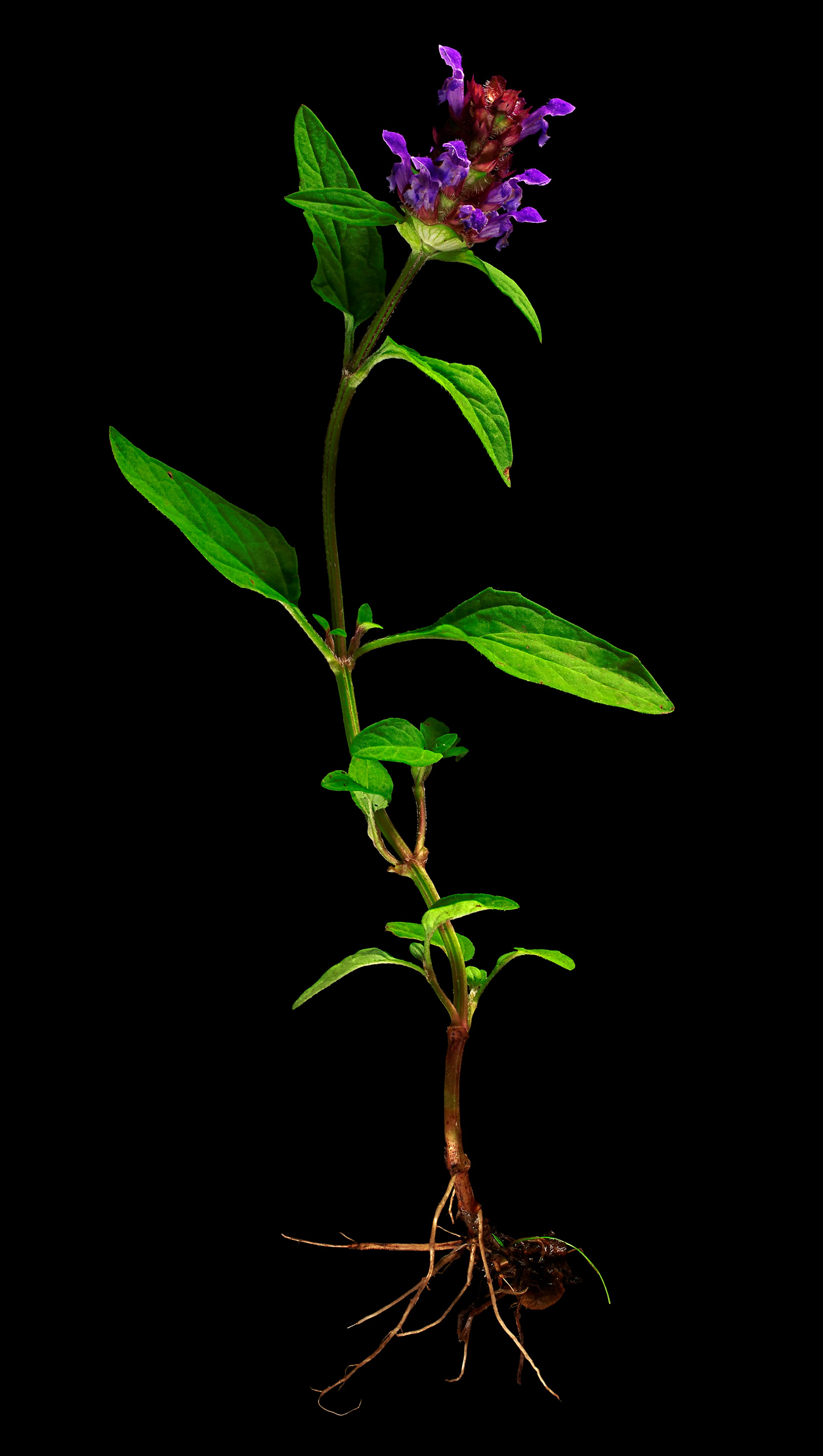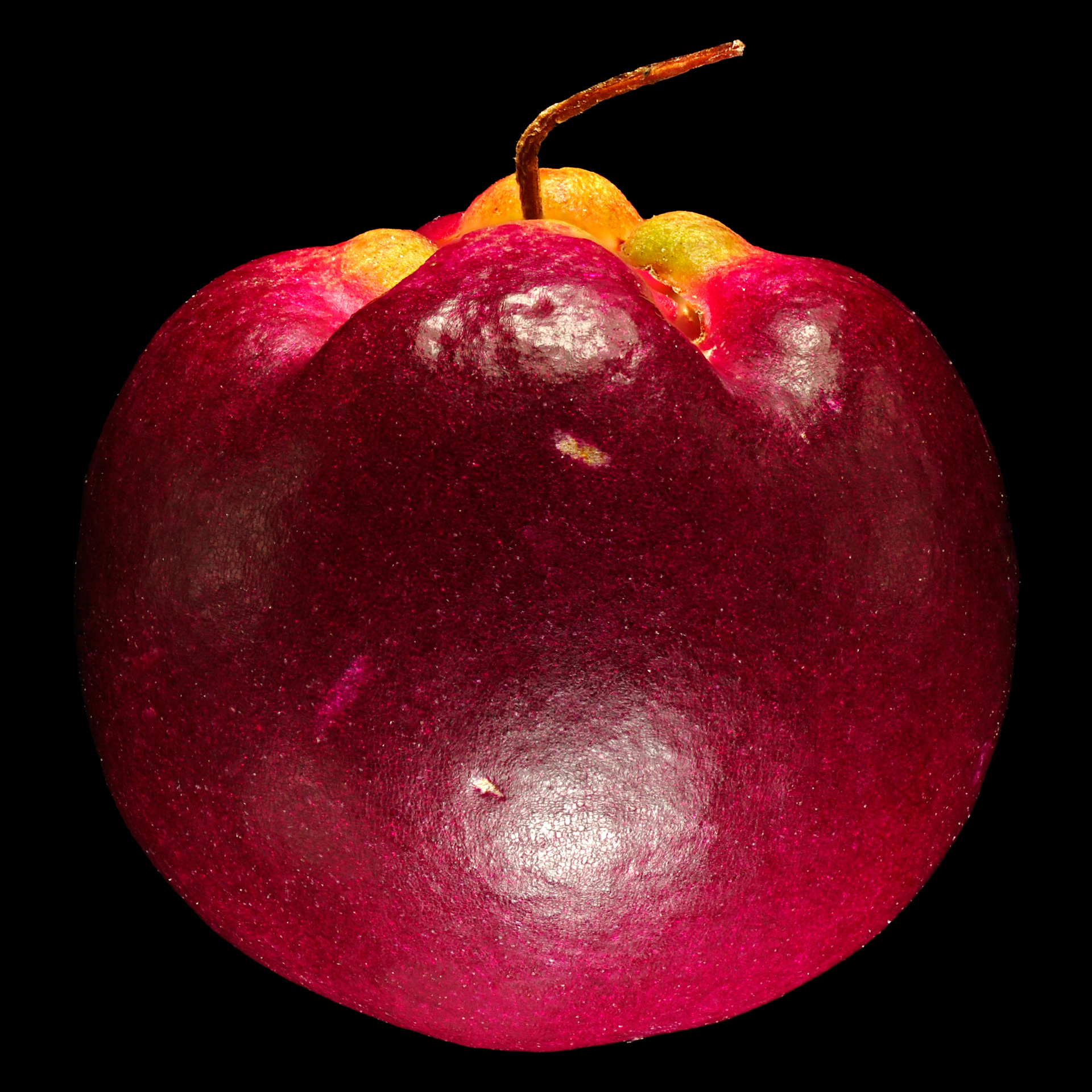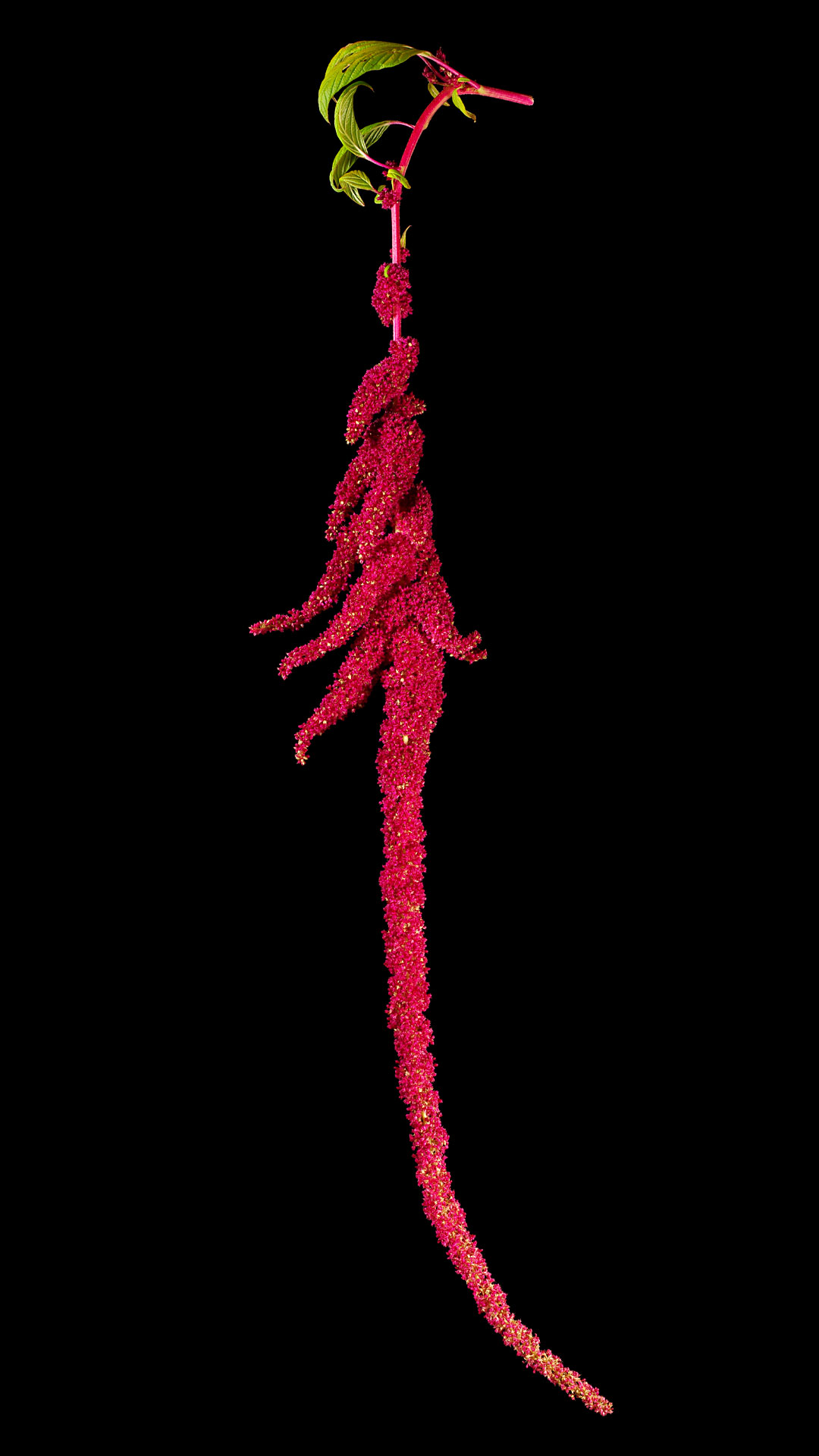Search Results for North-America: Southeast
The black chokeberry contains many vitamins and other important substances in such large quantities that it has also medical significance.
The unripe legume of the Leadtree are particularly appreciated in Southeast Asian cuisine, although the plant originally comes from Central America.
The fruits are small, not particularly juicy and decompose easily, which is why they have not become established as a fruit plant.
The soft, juicy pulp tastes aromatic of fir, it is tart and resinous, yet very sweet.
The black-brown seeds can be used as pseudocereals similar to quinoa, for example boiled as a porridge and grounded to a flour as addition to baking flour.
Pineapple tomatoes are one of the largest and heaviest tomato varieties. Individual fruits can weigh over 1 kg.
The fresh flowers are often used in different countries as aromatic inflorescence vegetables or for jam.
The leaves of the black locust contain toxins, which is why they should only be eaten properly cooked!
The rather large fruits are steamed, roasted, stewed and baked, they can be filled.
In their original habitat, the immature fruits are eaten pickled or steamed.
The almost black seeds as well as the blood-red leaves are edible and dye red.
The Baby Boo pumpkin is hardly bigger than an apple. The firm skin is white, the firm flesh rather cream-coloured to pale orange.
North American natives made tea from the leaves and also ate them as a salad. The inner bark was smoked like tobacco.
The large, delicate leaves of the Mexican pepper tree have a complex aroma that is reminiscent of the berries of black pepper.
In Tibet, the roots are supposed to be eaten comparatively frequently as a nourishing root vegetable. They can be processed fresh or dried for later use. The leaves can be chopped (because they are very fibrous) and added as wild herbs in salads or steamed in oil.
The leaves can be eaten raw or cooked as leaf vegetables such as spinach. The black-brown seeds can be used as pseudocerals.
Indigo rose tomato belongs to the rather small-fruited varieties and can be eaten directly from the shrub.
The Shaggy mane is one of the few mushrooms for which no trip into the forest is necessary to collect them, because they are in our midst – even in big cities.
The dried grains can be popped or ground into flour, but flour and popcorn are then no longer so colourful.
Chives are finely chopped or cut with scissors, and are used in herb butter, sauces and various other herbal preparations.
The Eastern black walnut is used in the USA as in Europe the common walnut.
Rosehips can be used to make fruit tea and Hagebuttenmark. Dried and ground, they even replace flour and can be mixed with it.
The pitaya is best eaten fresh and raw. I like to spoon out the white, sweet fruit pulp from the halved fruit.
The aroma of fresh pandan leaves reminds of vanilla, it is of a heavy sweetness and very intense.
Cattley guava has spherical, red berries that can be eaten fresh or processed into juice, jam and sorbet.
It is cut into small pieces for seasoning, especially for salsas.
If the rough leaves are rubbed, an intense, fresh lemon aroma spreads immediately.
The fruits of the scarlet fuchsia are edible, taste sweet and a little pungent.
The soursop is very similar to the cherimoya which is related to it, but it is even more sensitive to pressure and therefore rarely found on the market.
Bog bilberries can be freshly taken from the shrub or processed into jam, compote, liqueur and wine.
Almost all parts of the beautiful and fast-climbing stuffing cucumber are edible
Saffron, the “red gold”, is a spice extracted from the flowers of the saffron crocus.
In addition to pepper mixtures, pink pepper berries are sometimes found in chocolate, which gives them a slight pungency and a peppery aroma.
The whole herb, including the deep purple flowers, can be eaten raw as a salad or cooked as leaf vegetables.
The Magenta Lilly Pilly is usually eaten raw, but can also be processed to a jam
The tiny, lenticular amarant-seeds are extremely nutritious and contain a lot of protein. They can be processed into mash and various bakery products.
